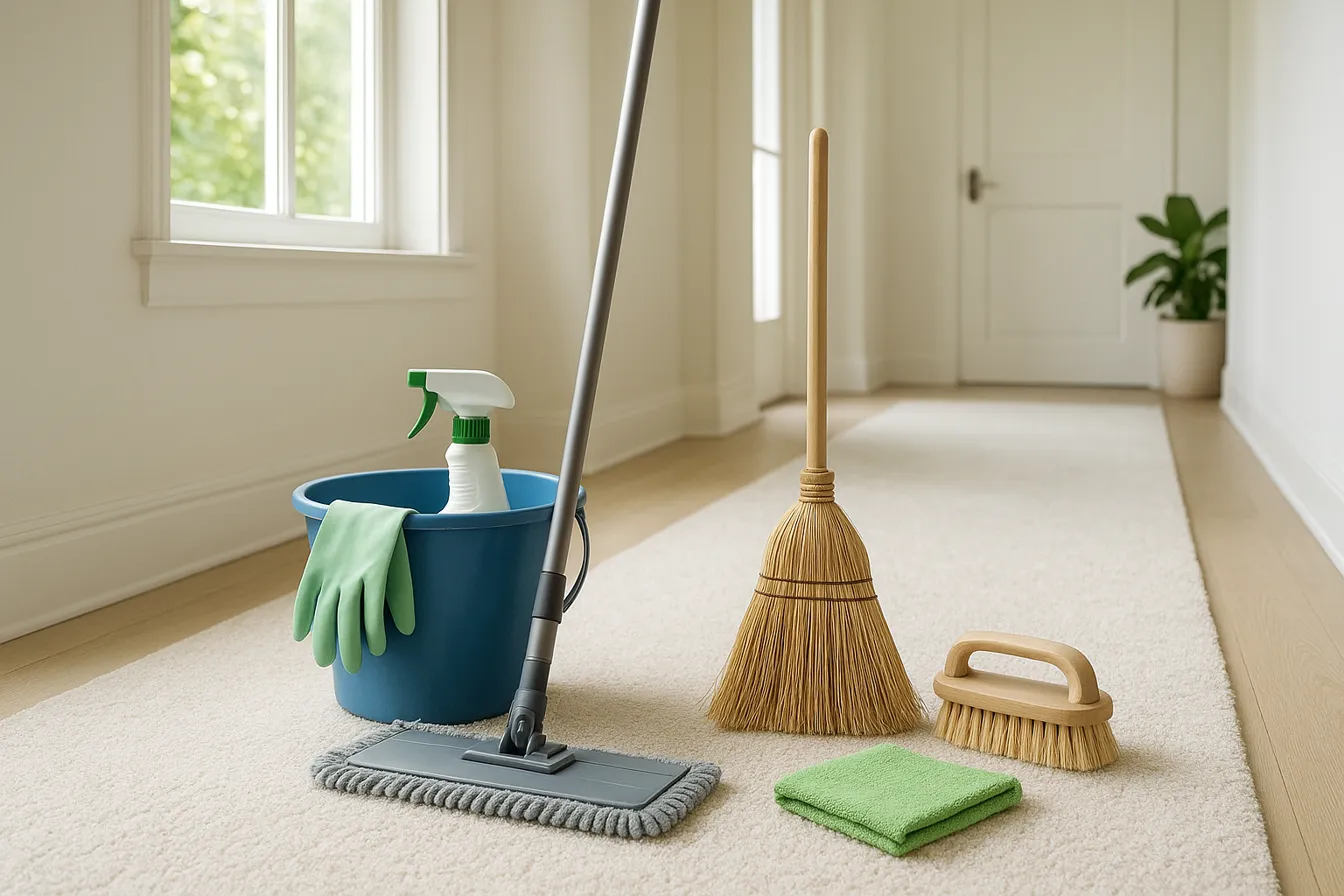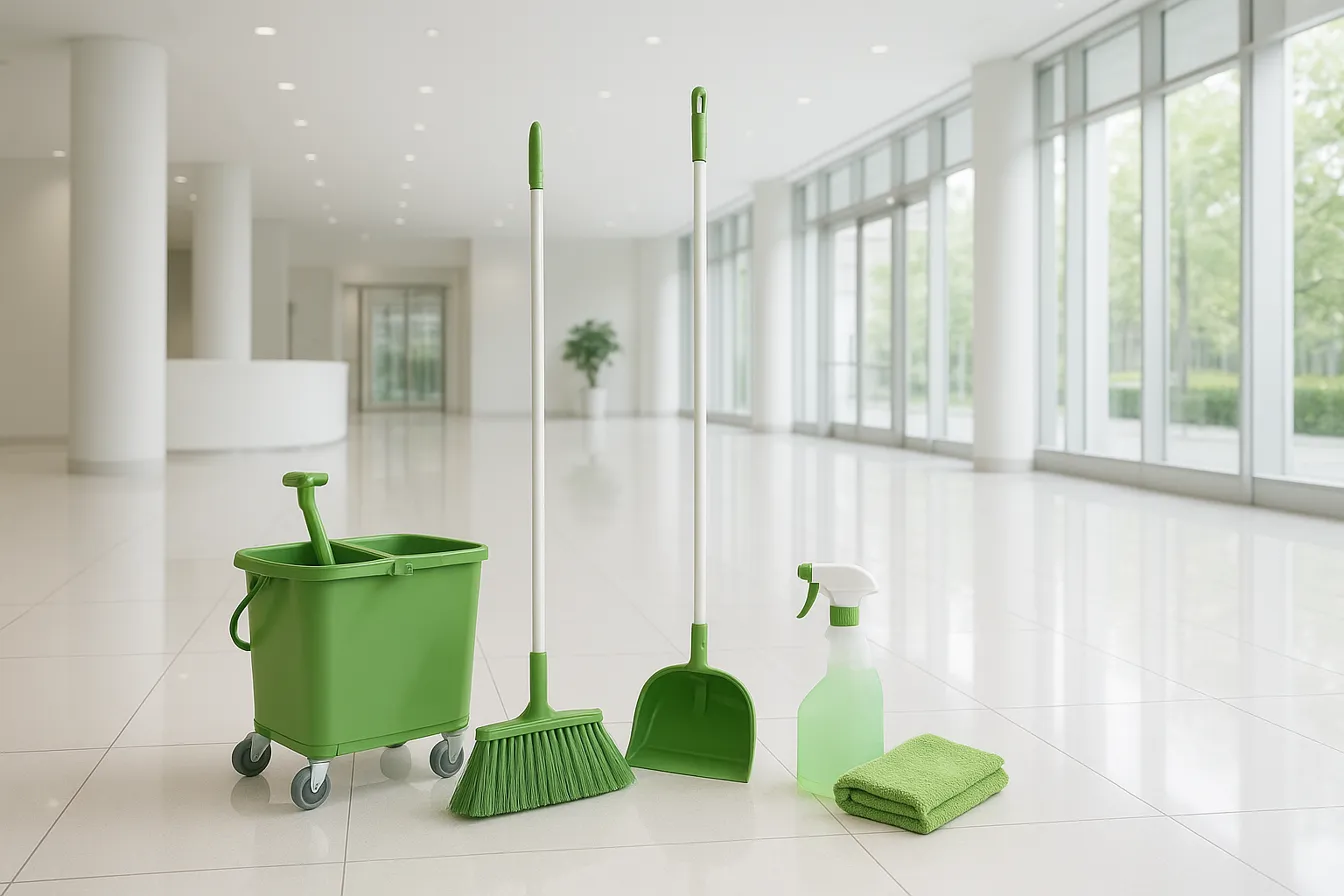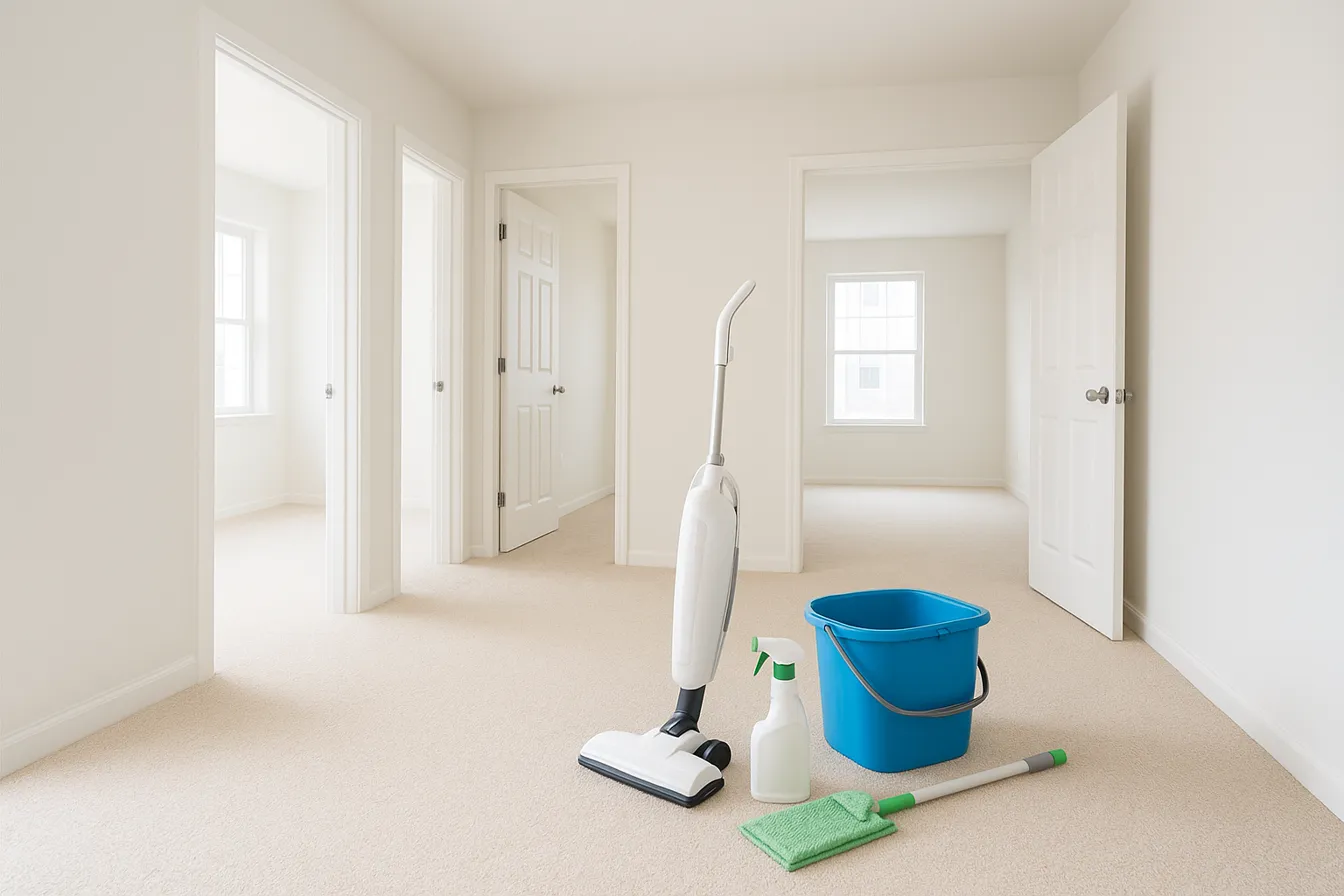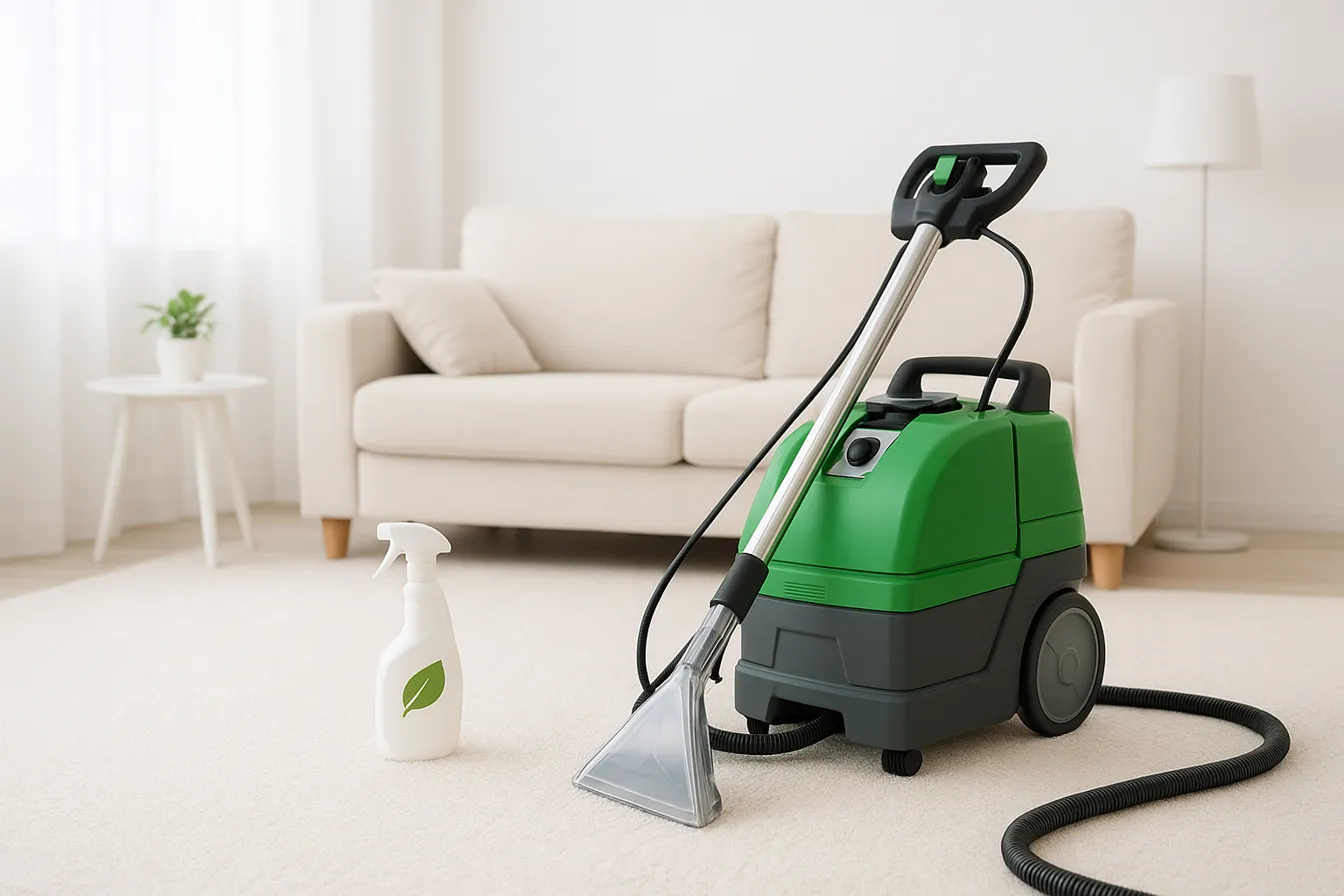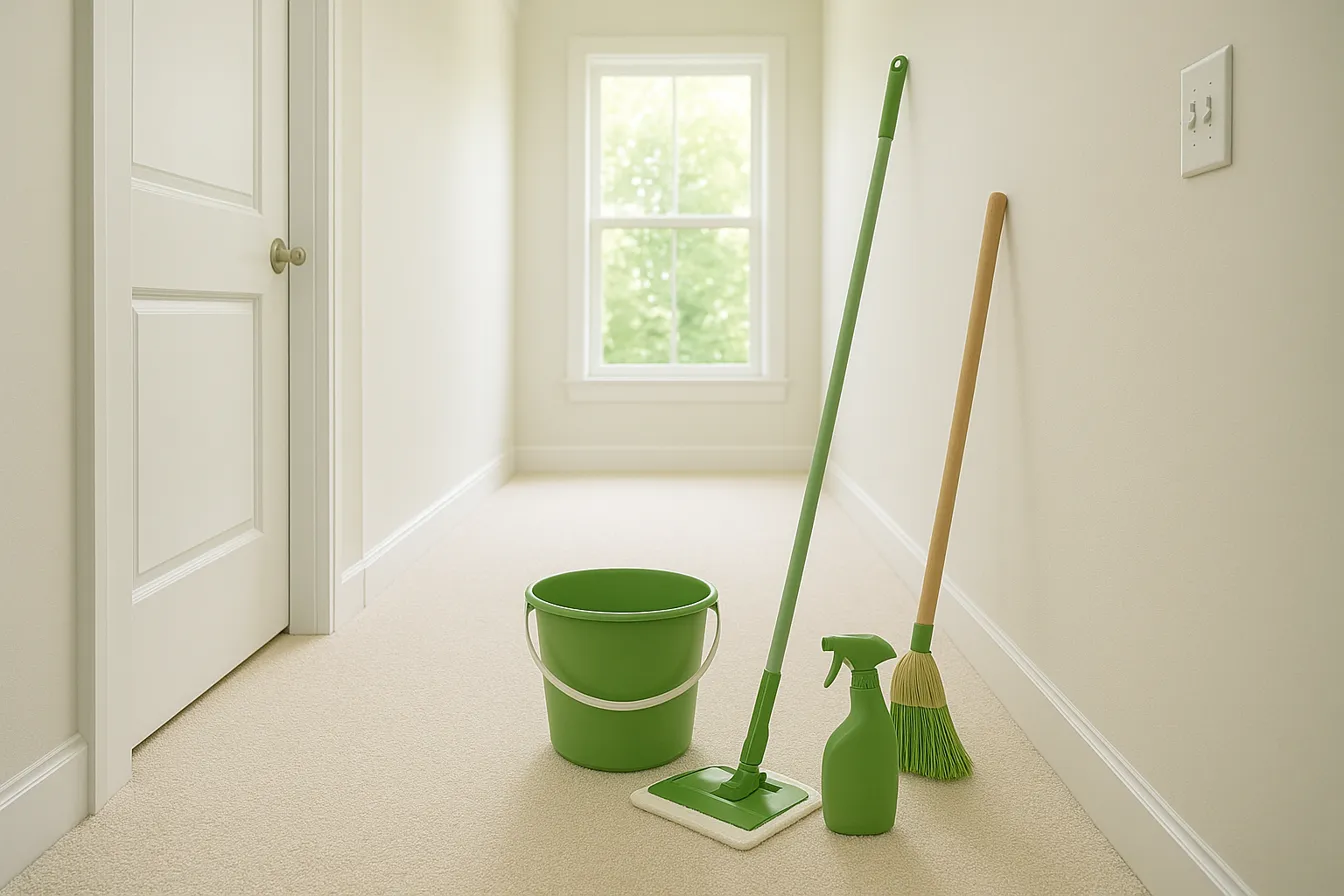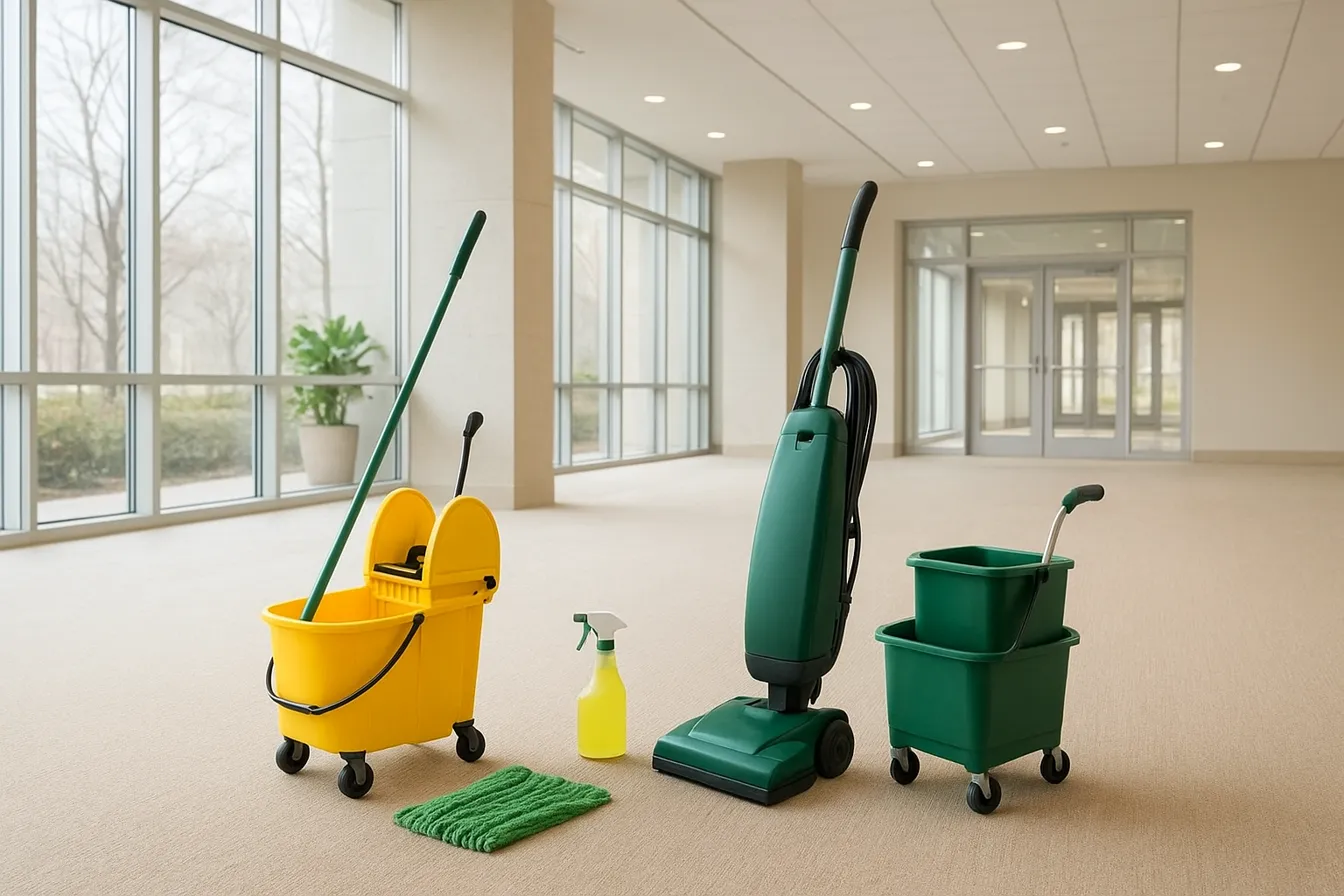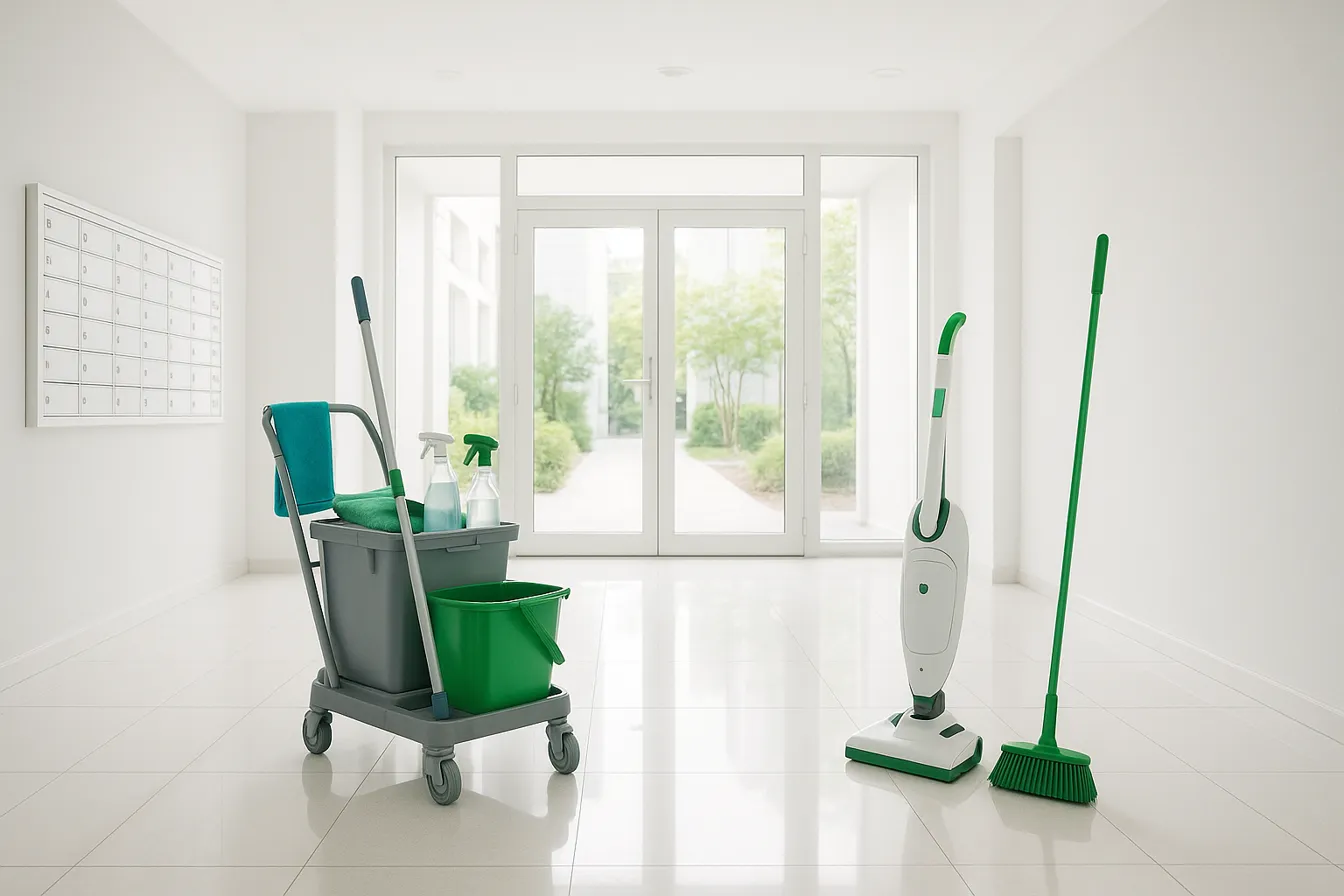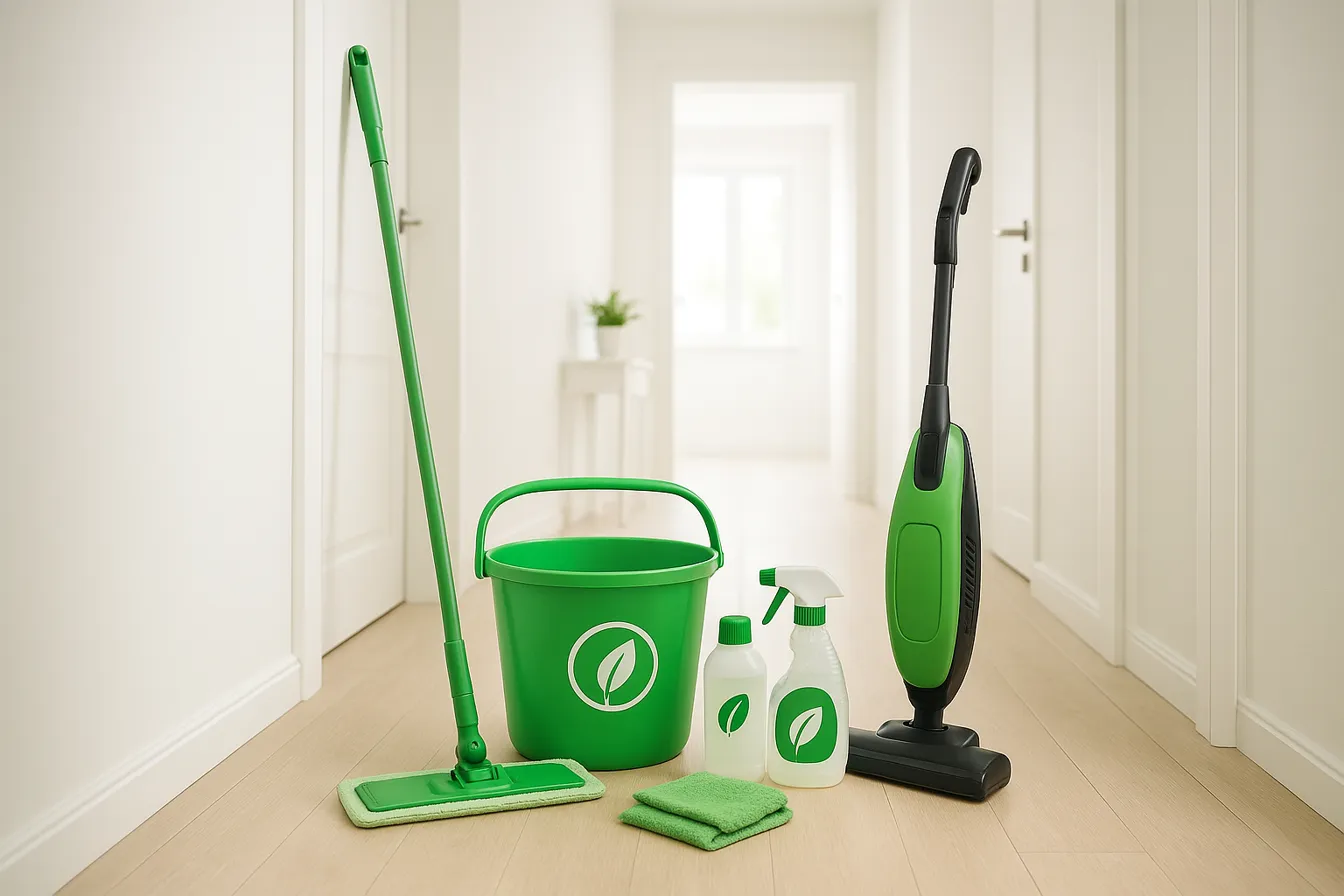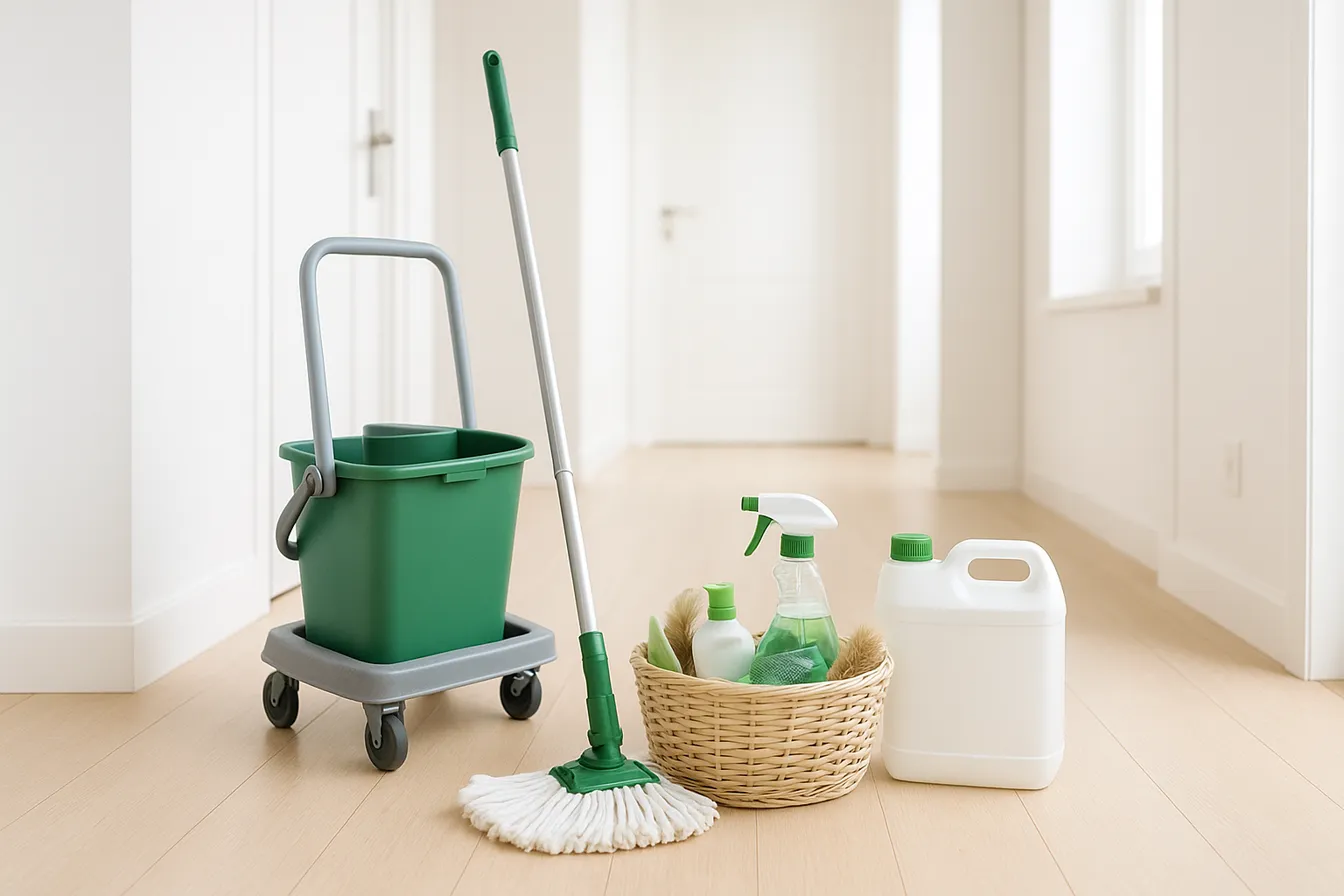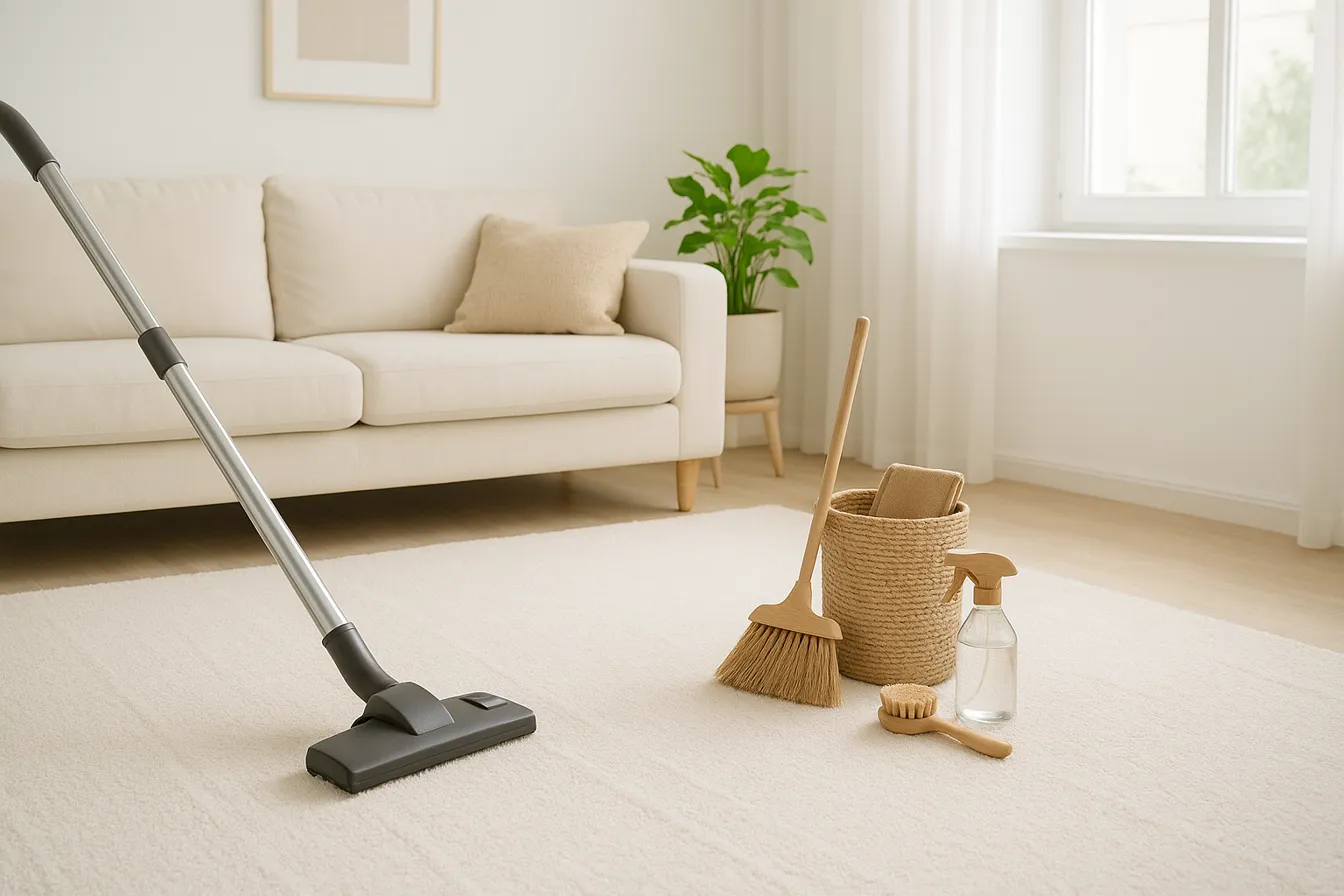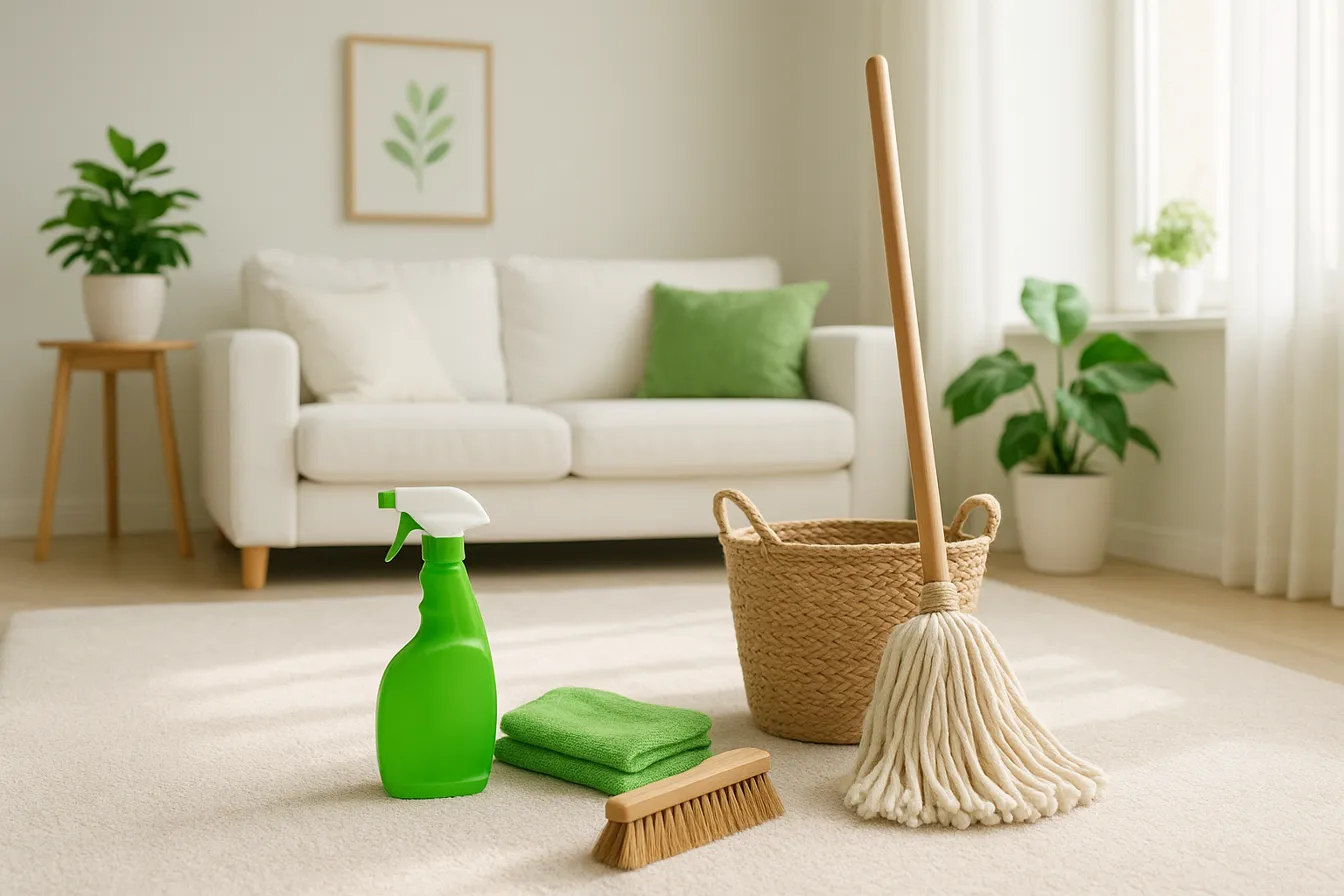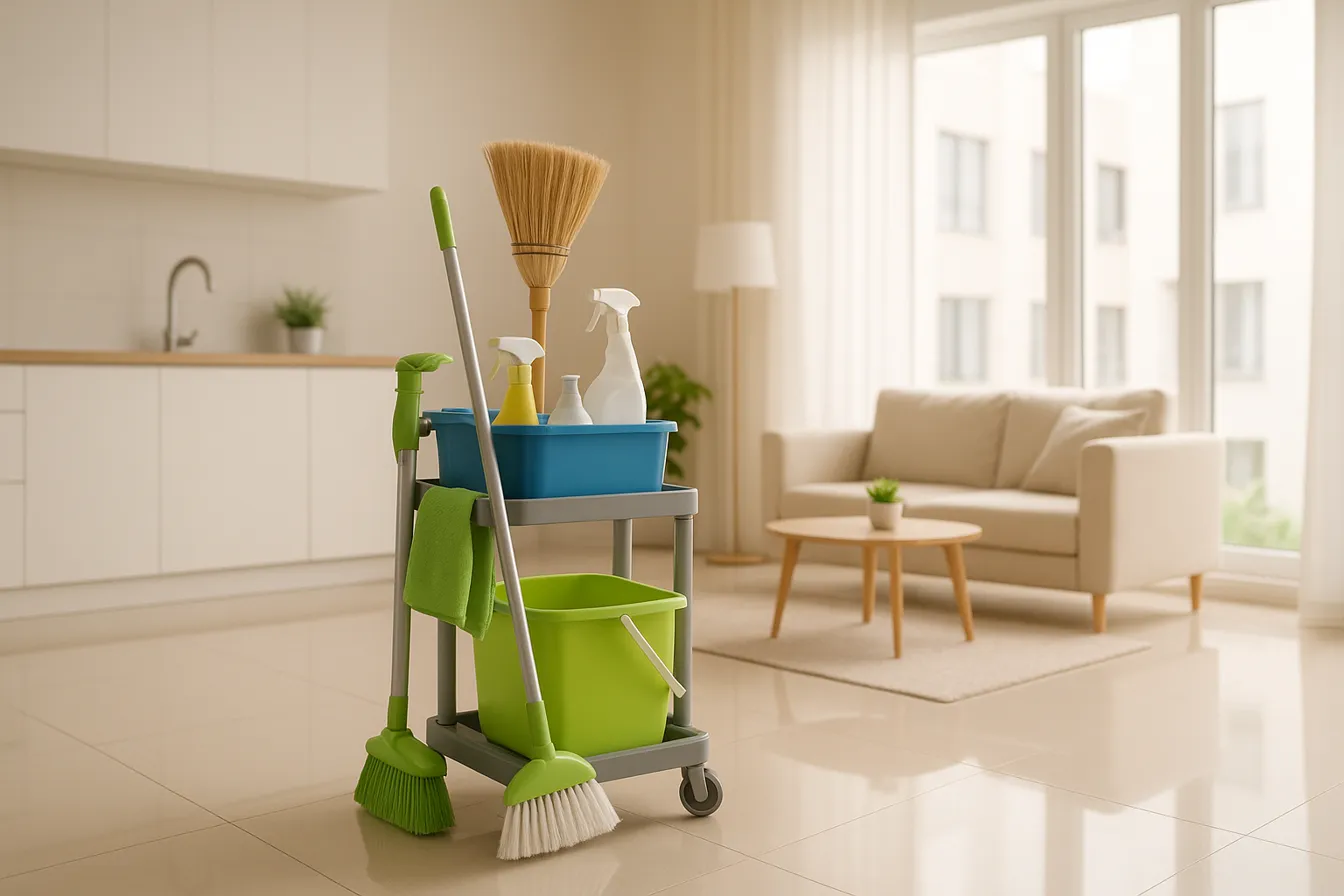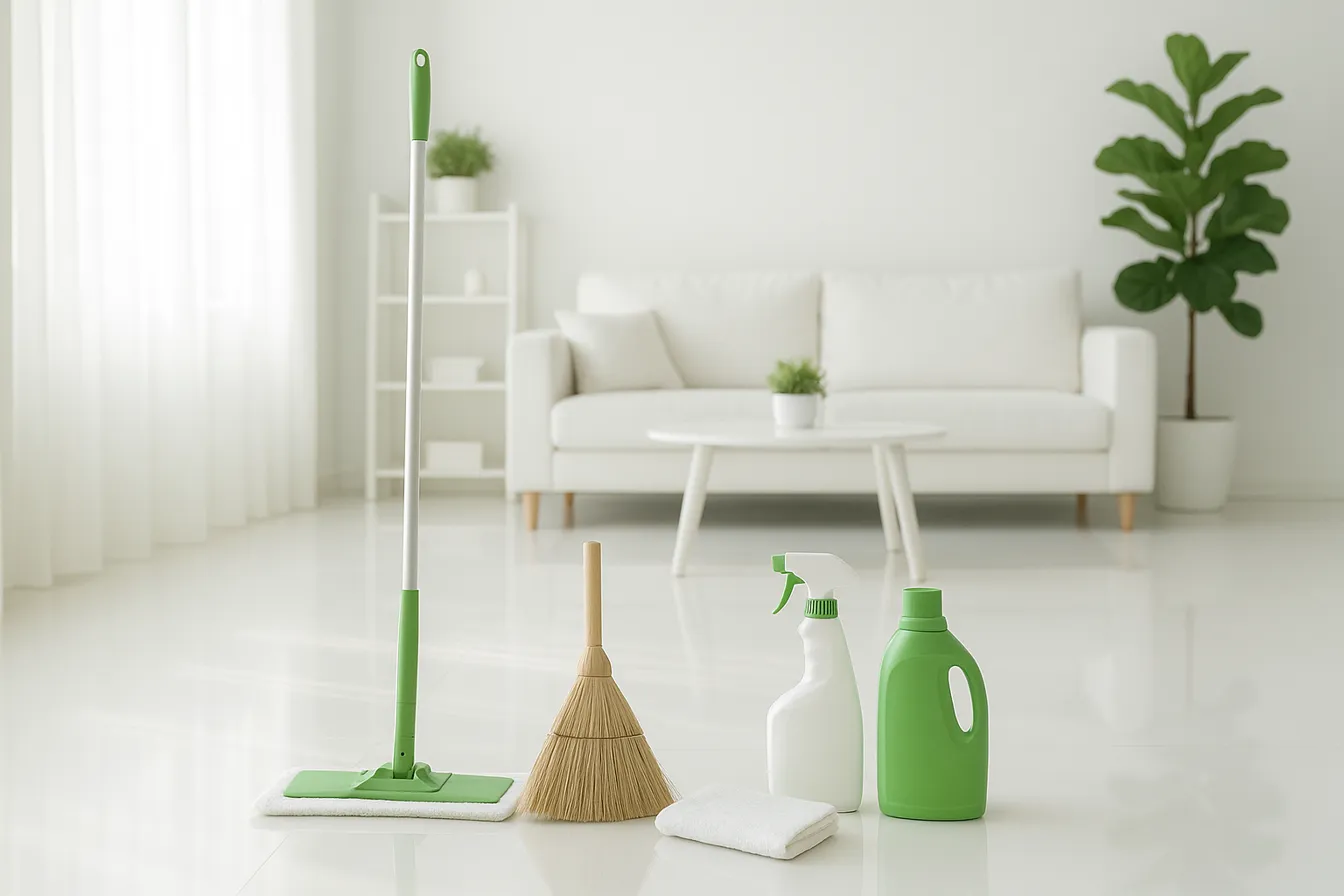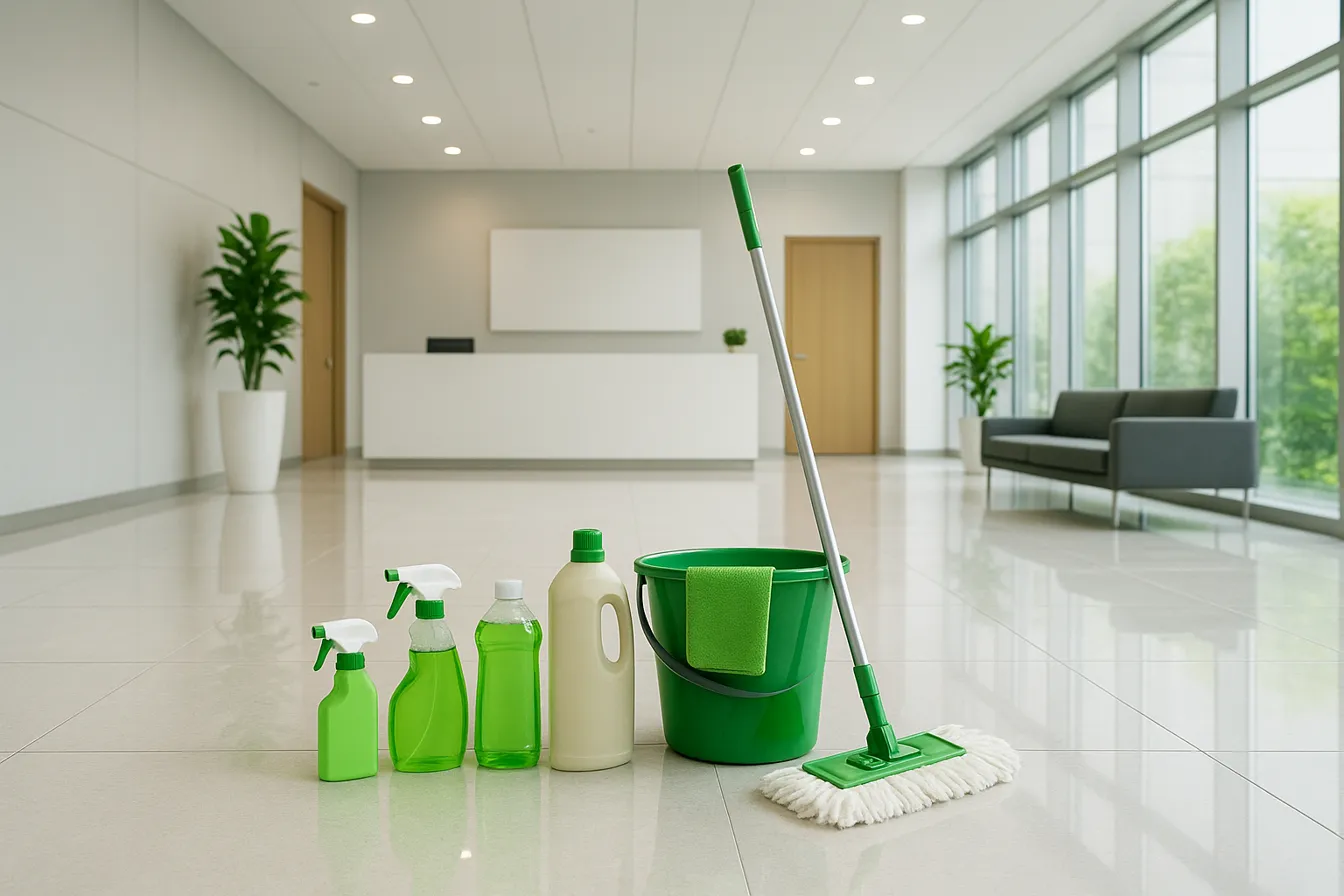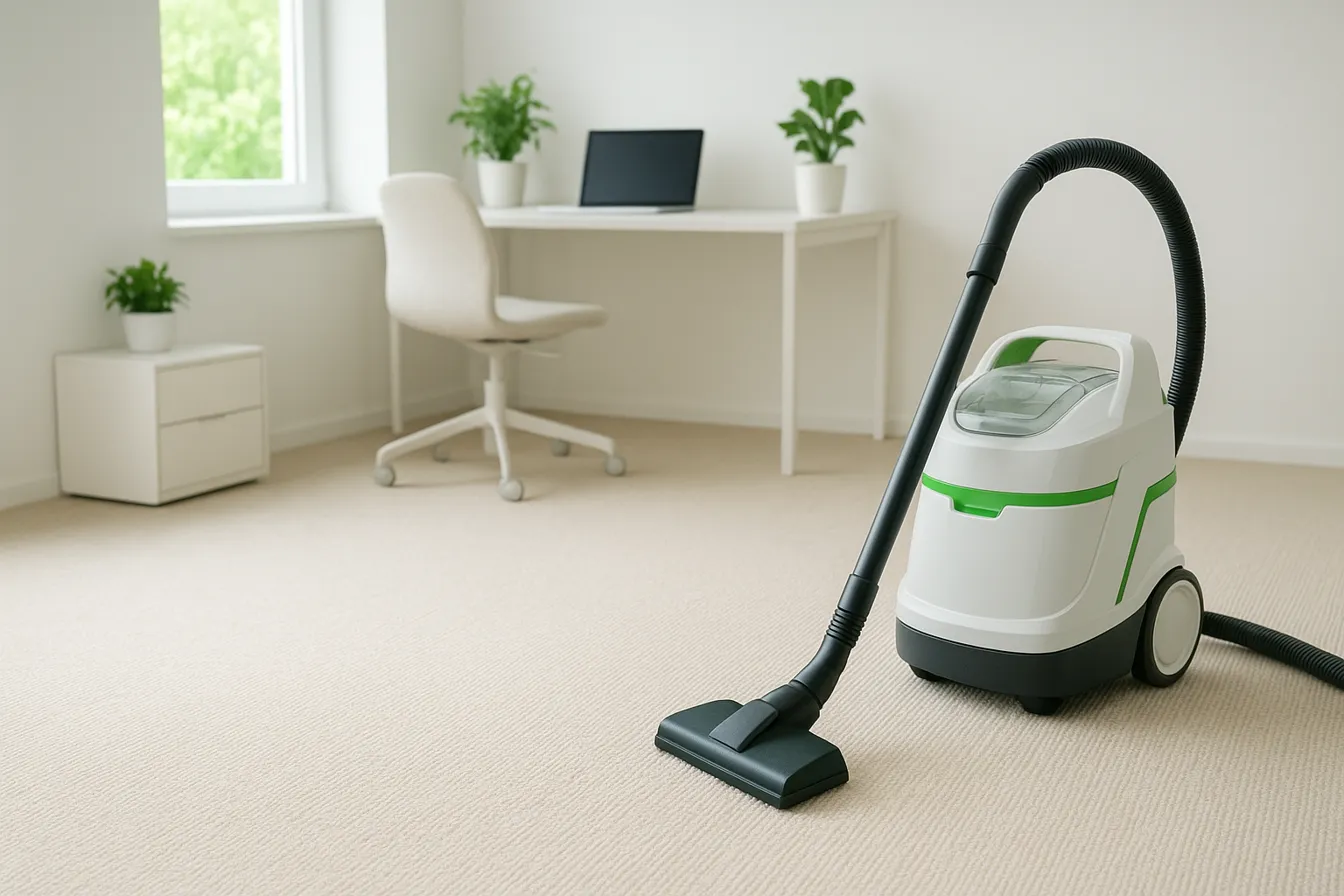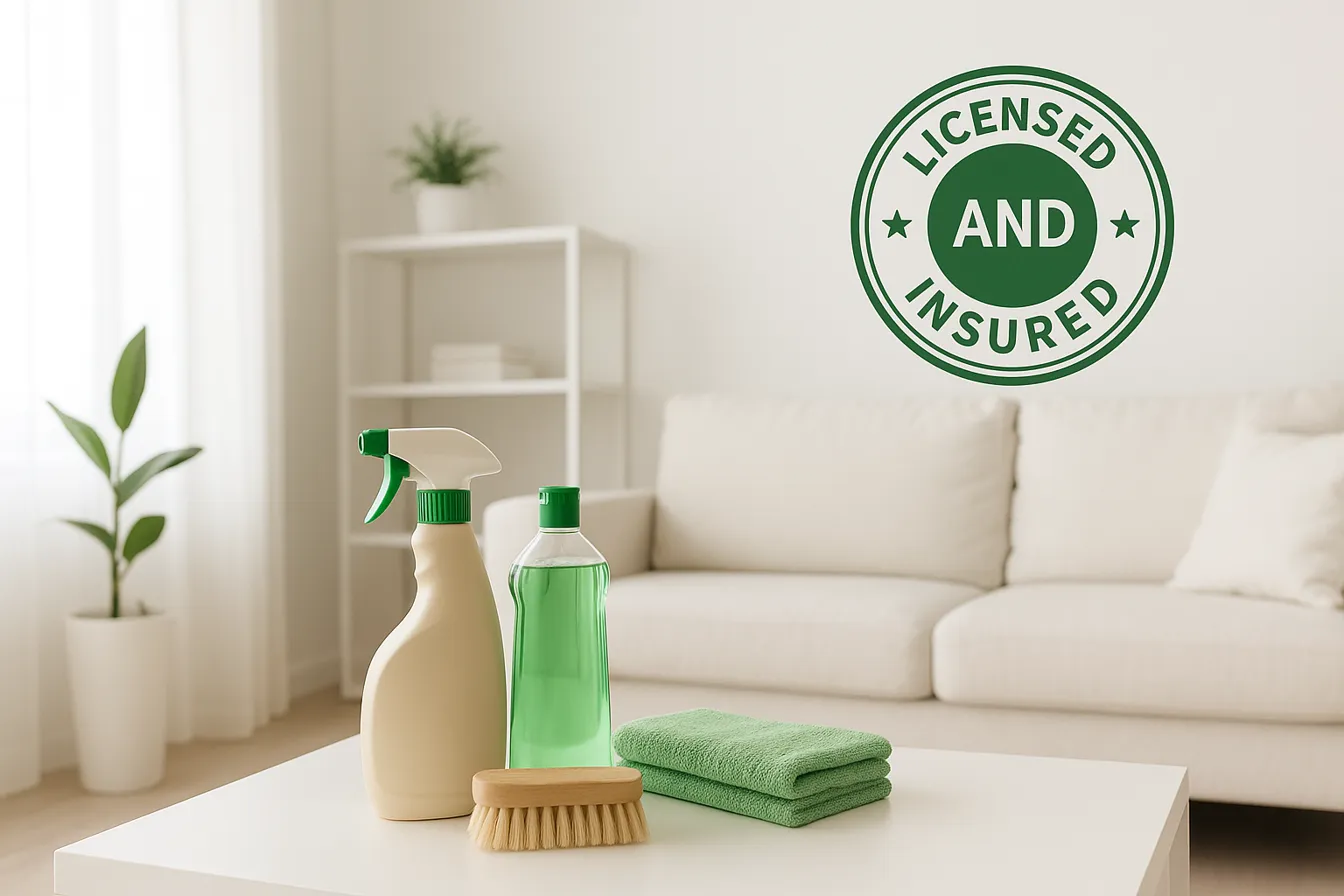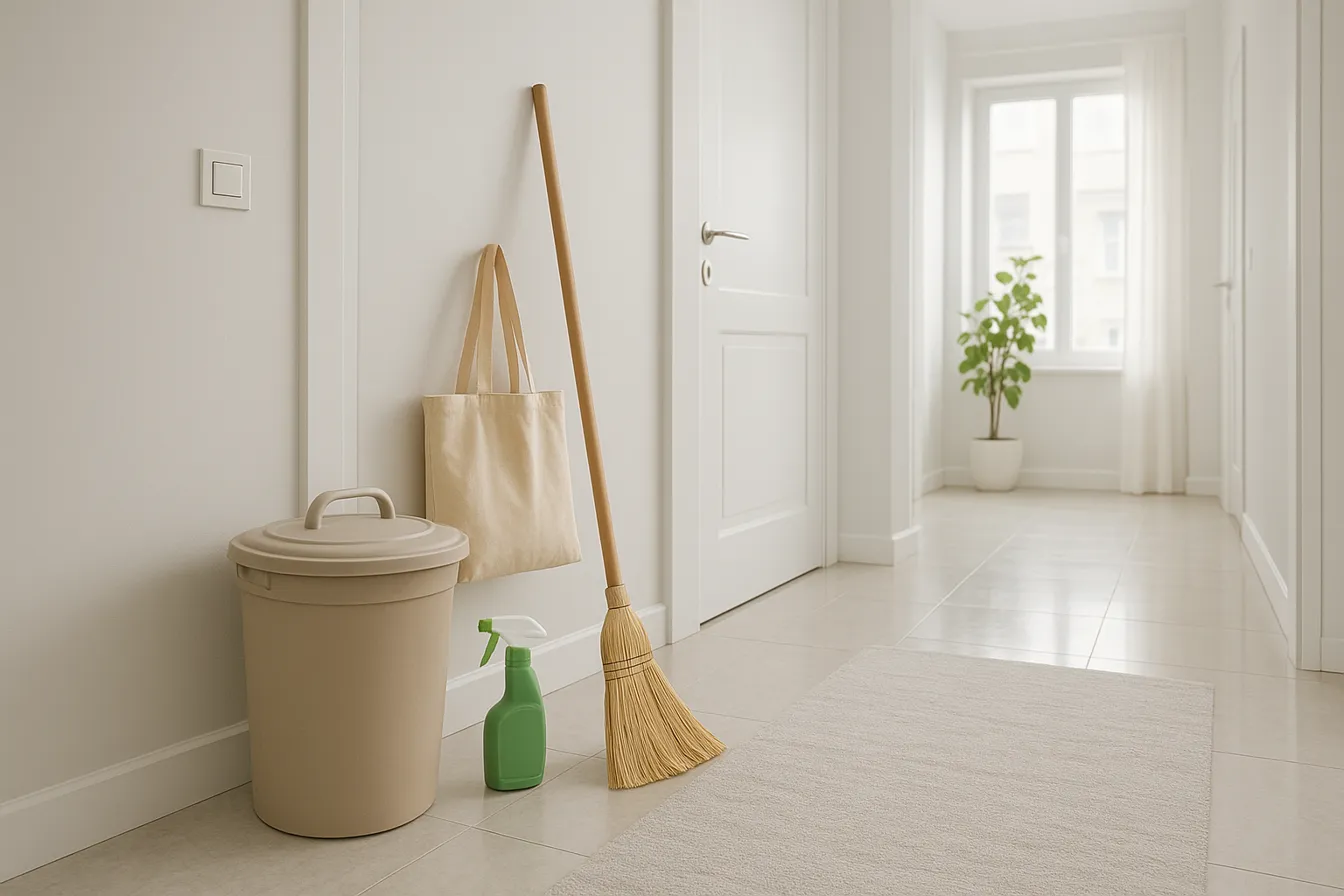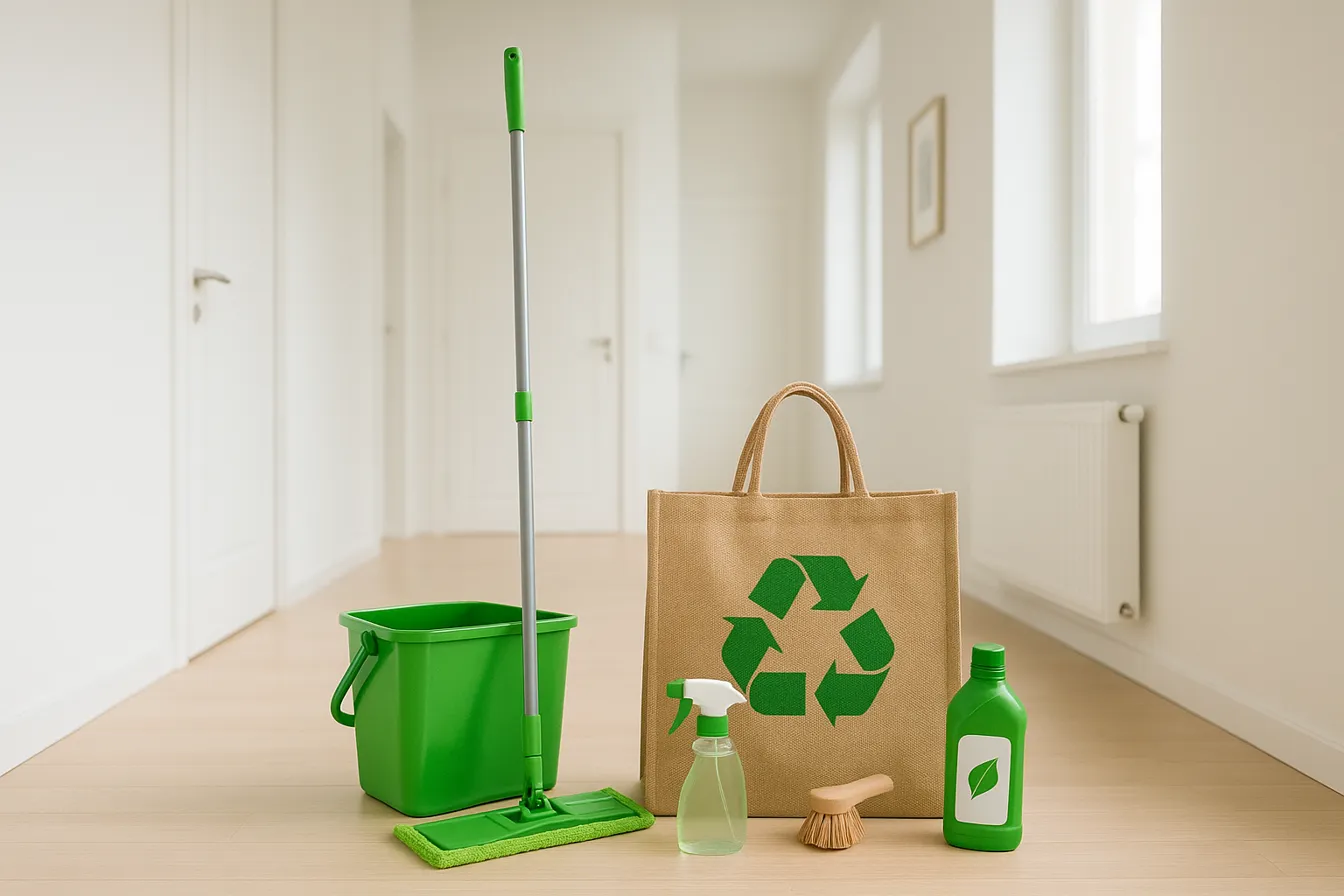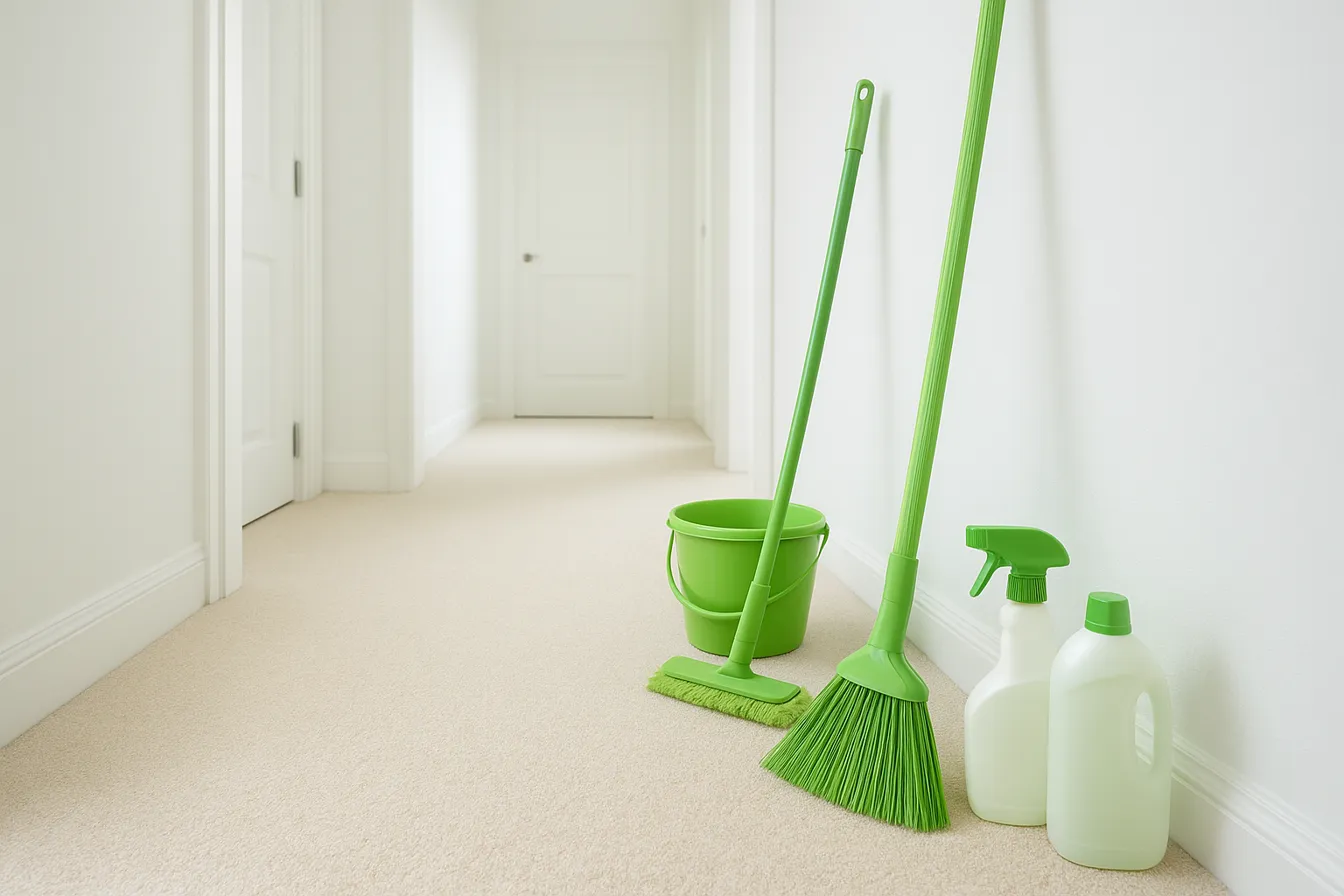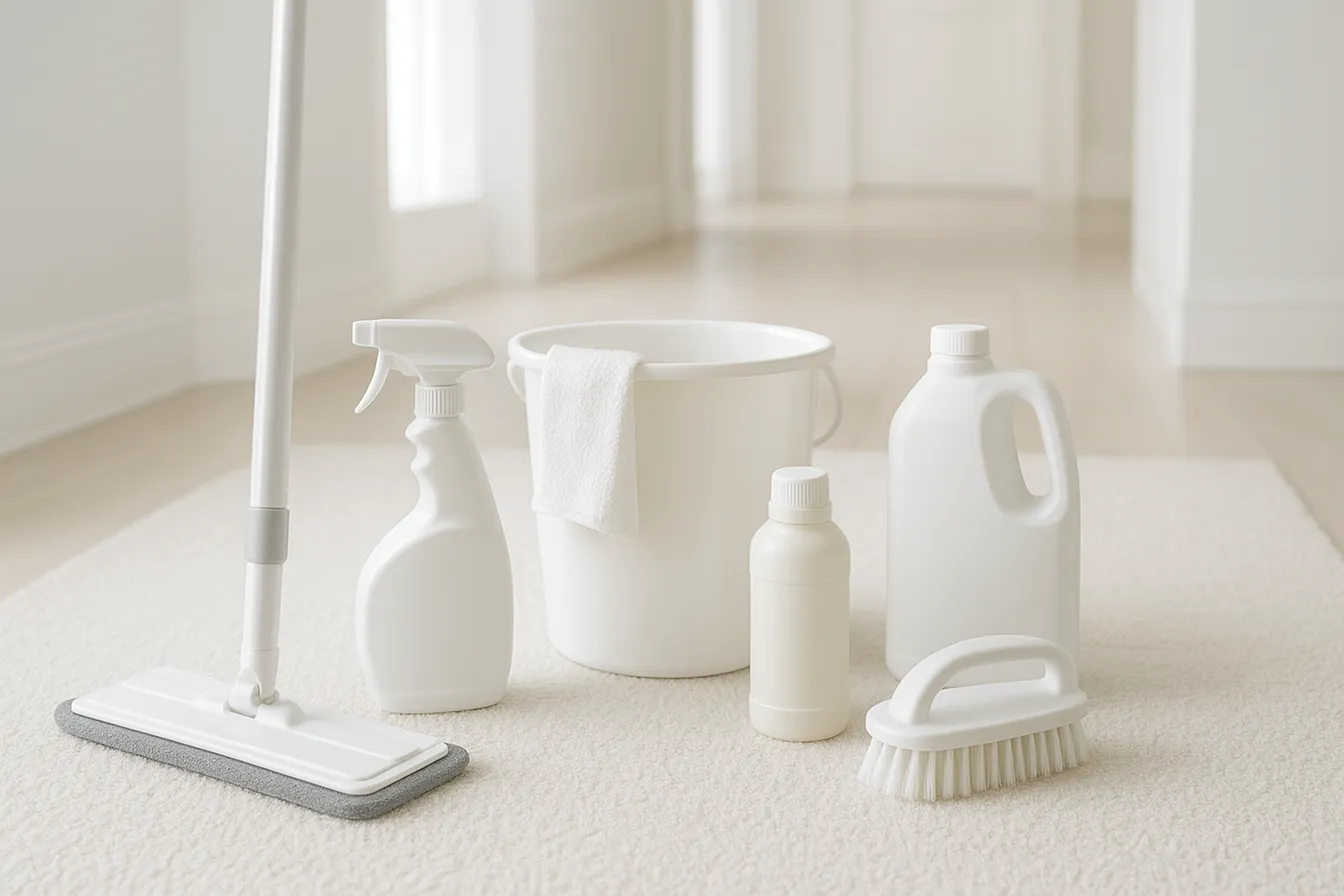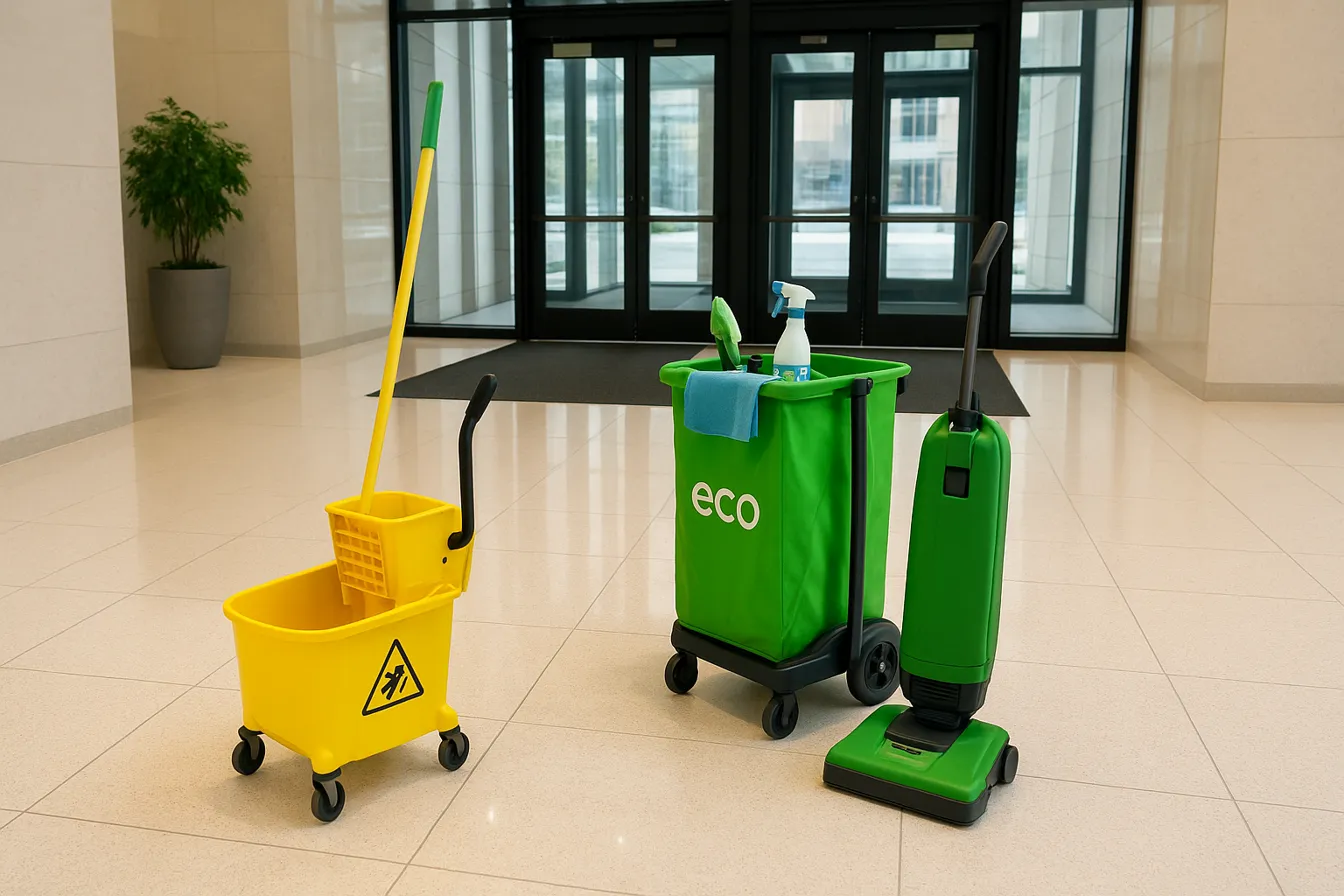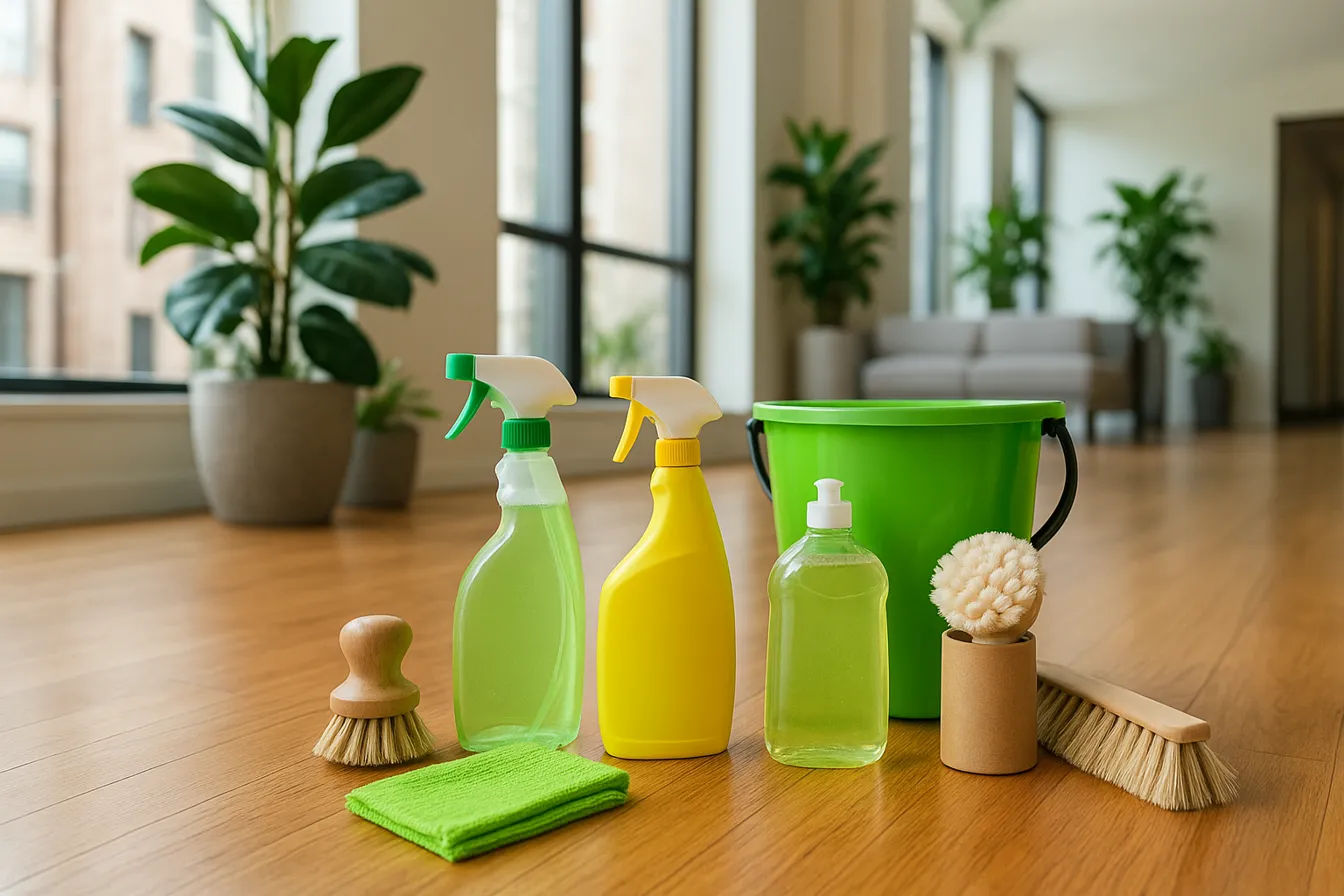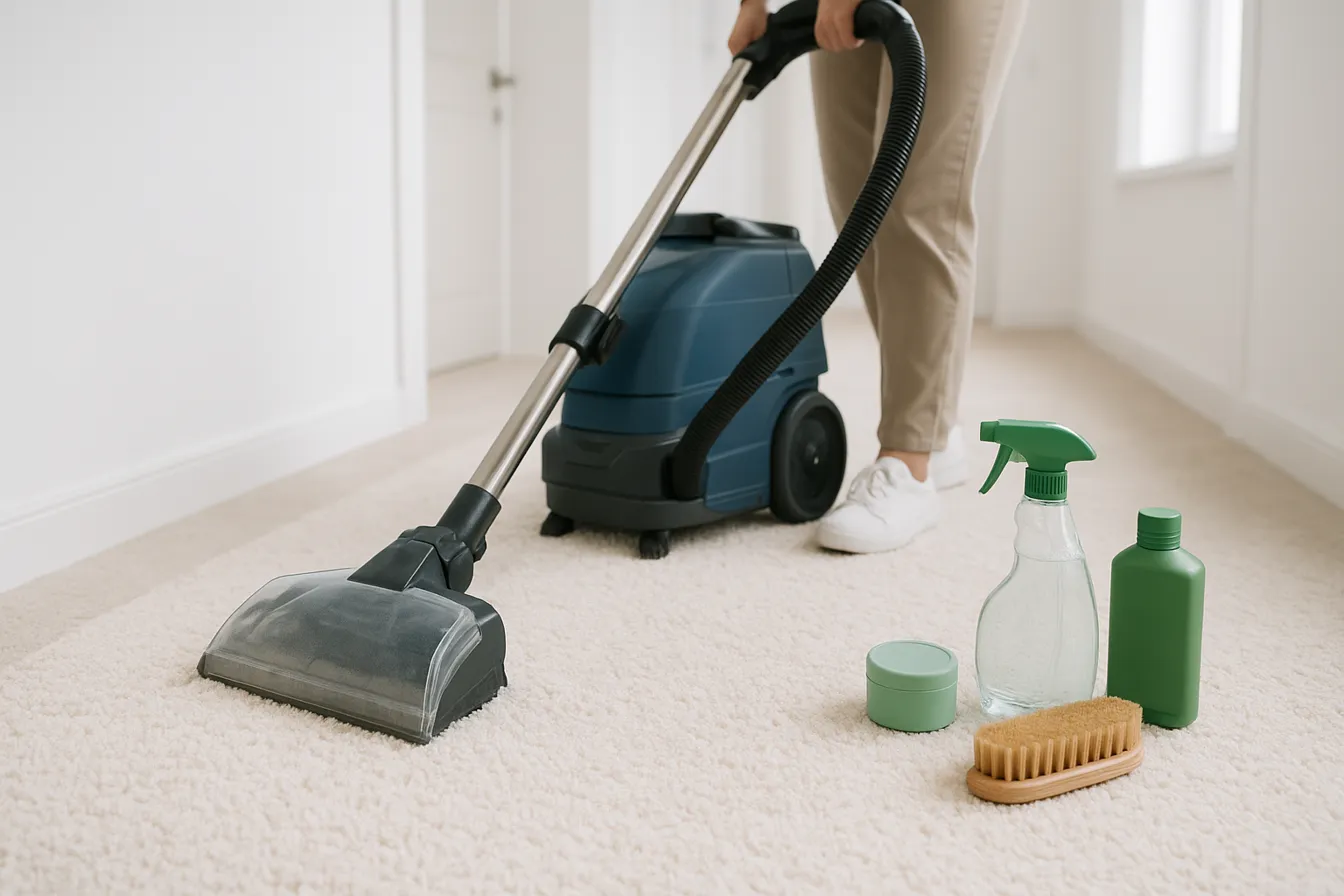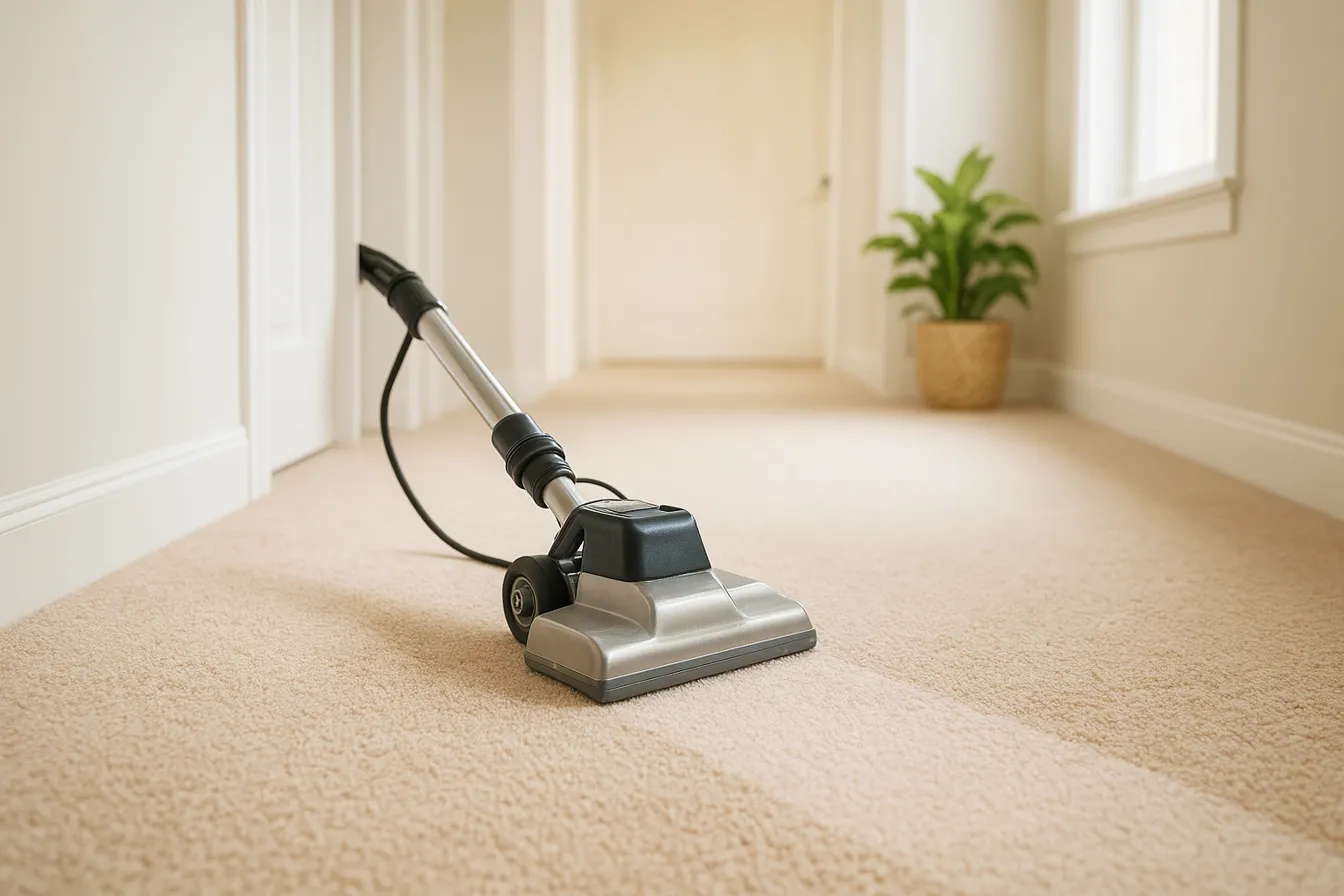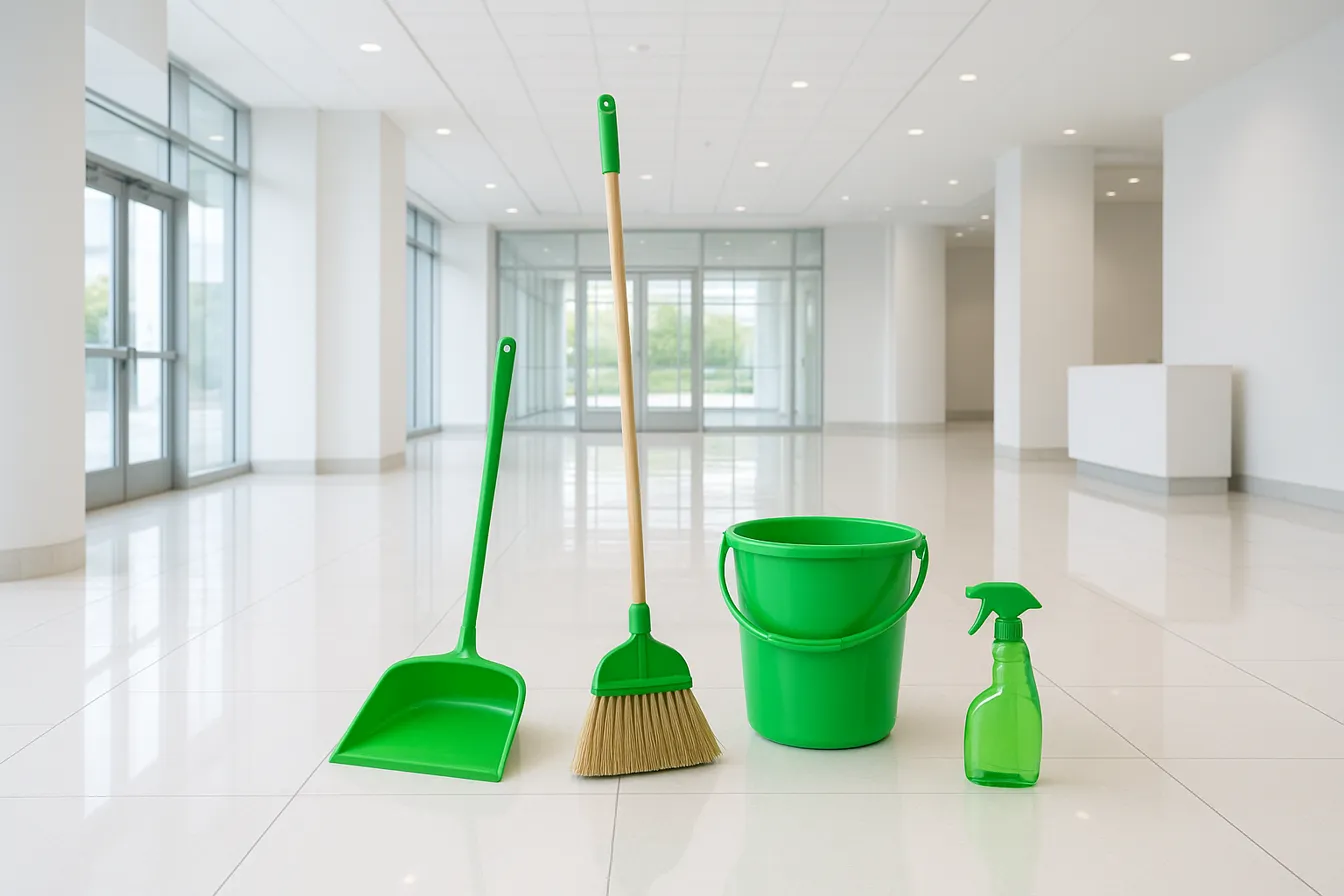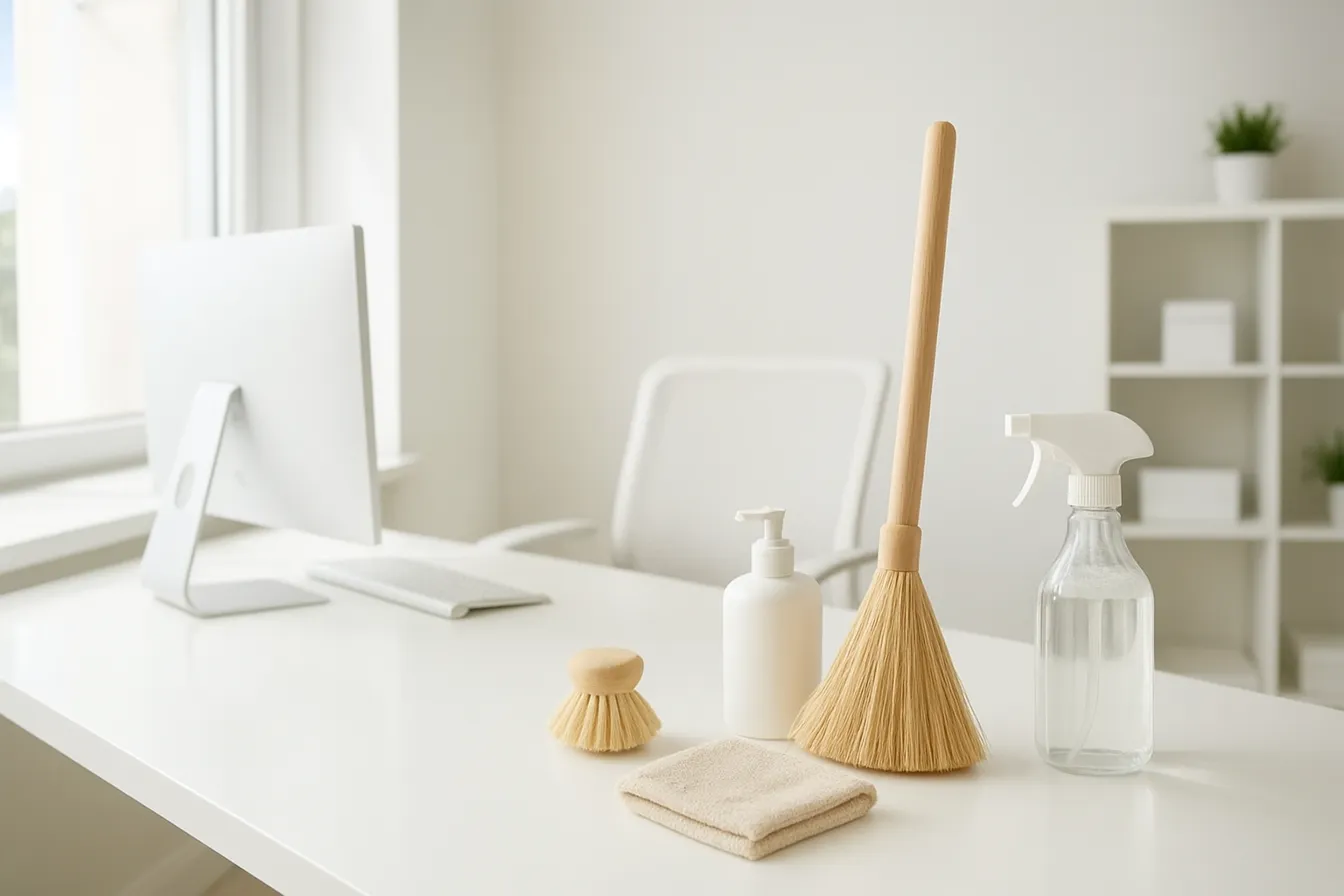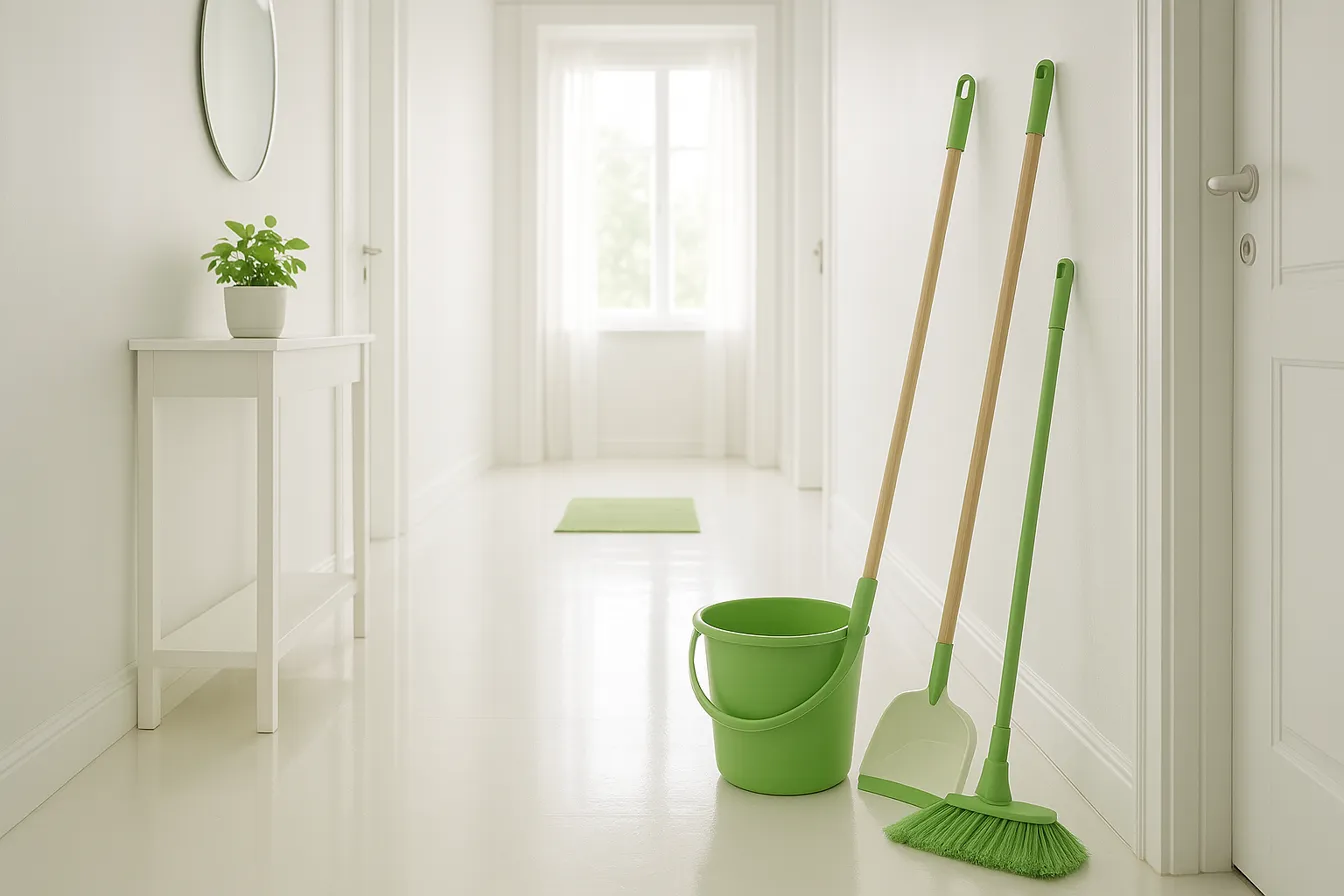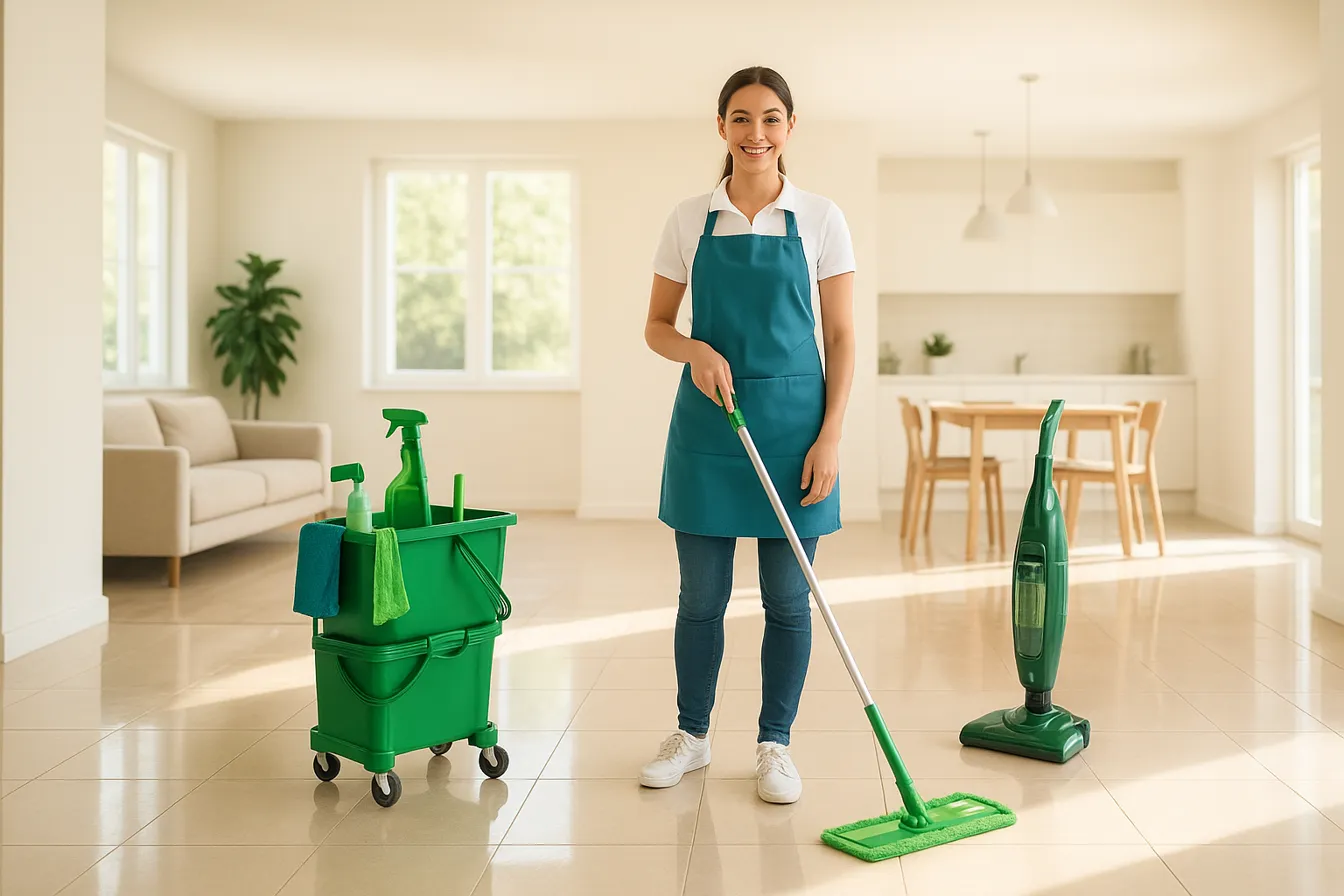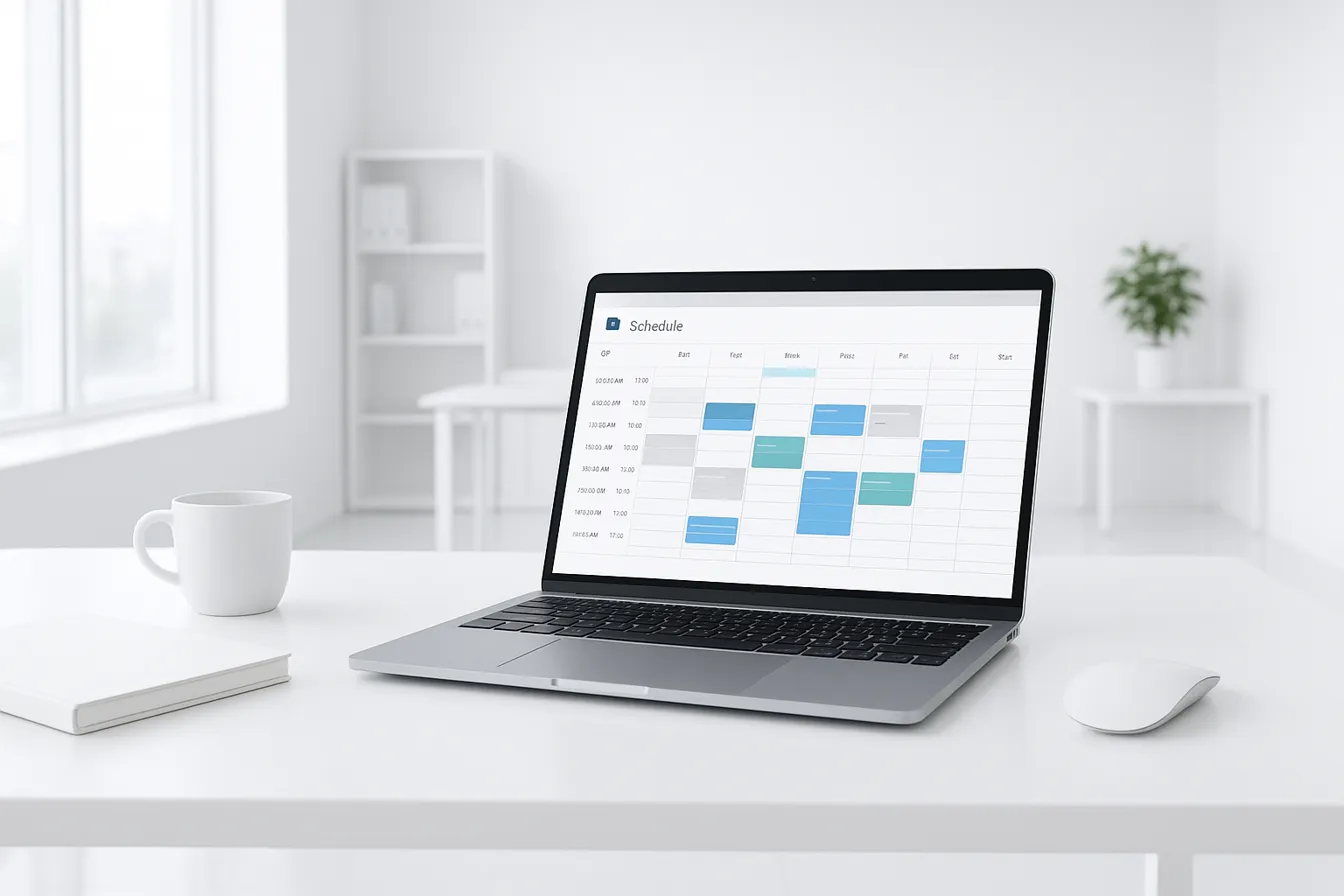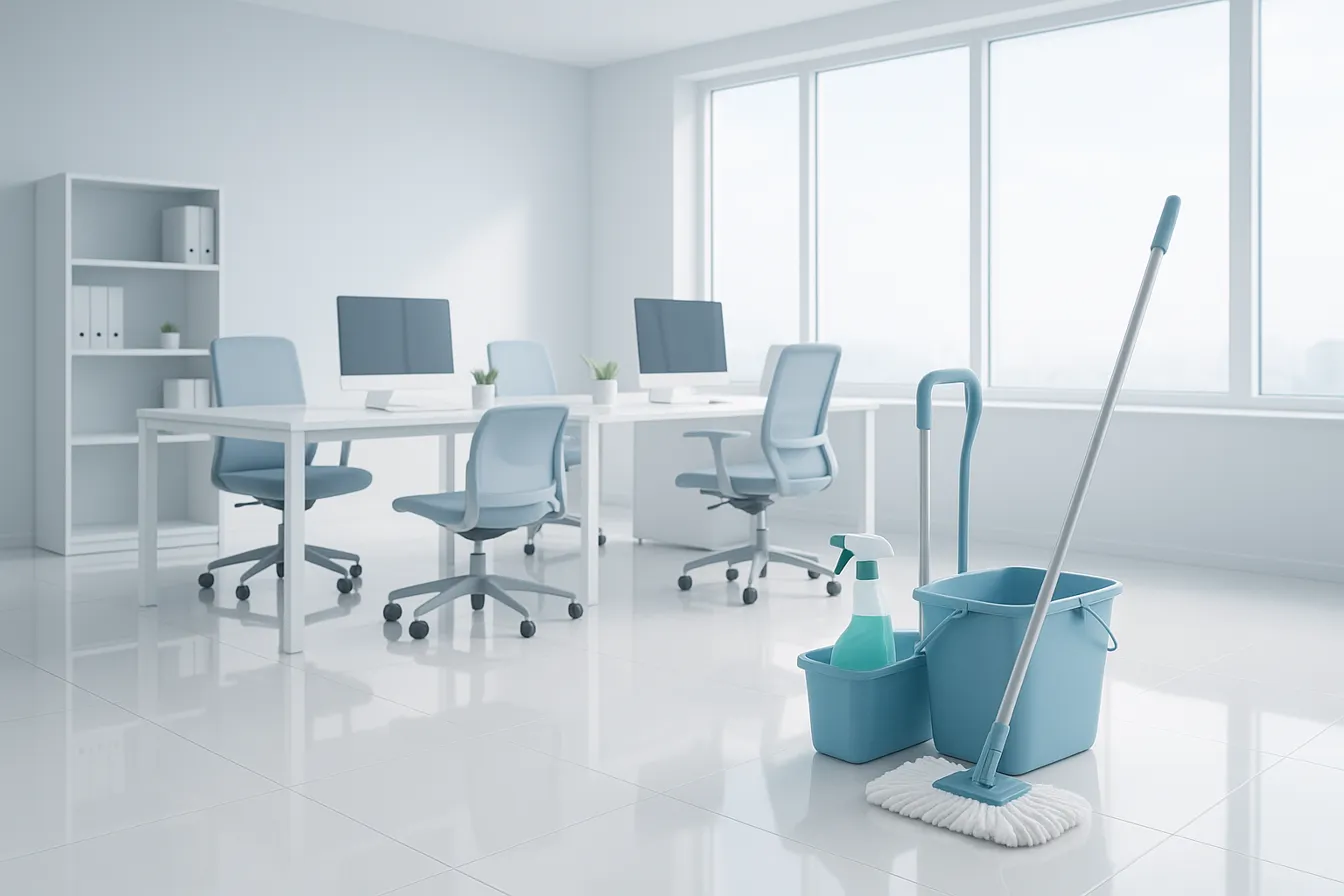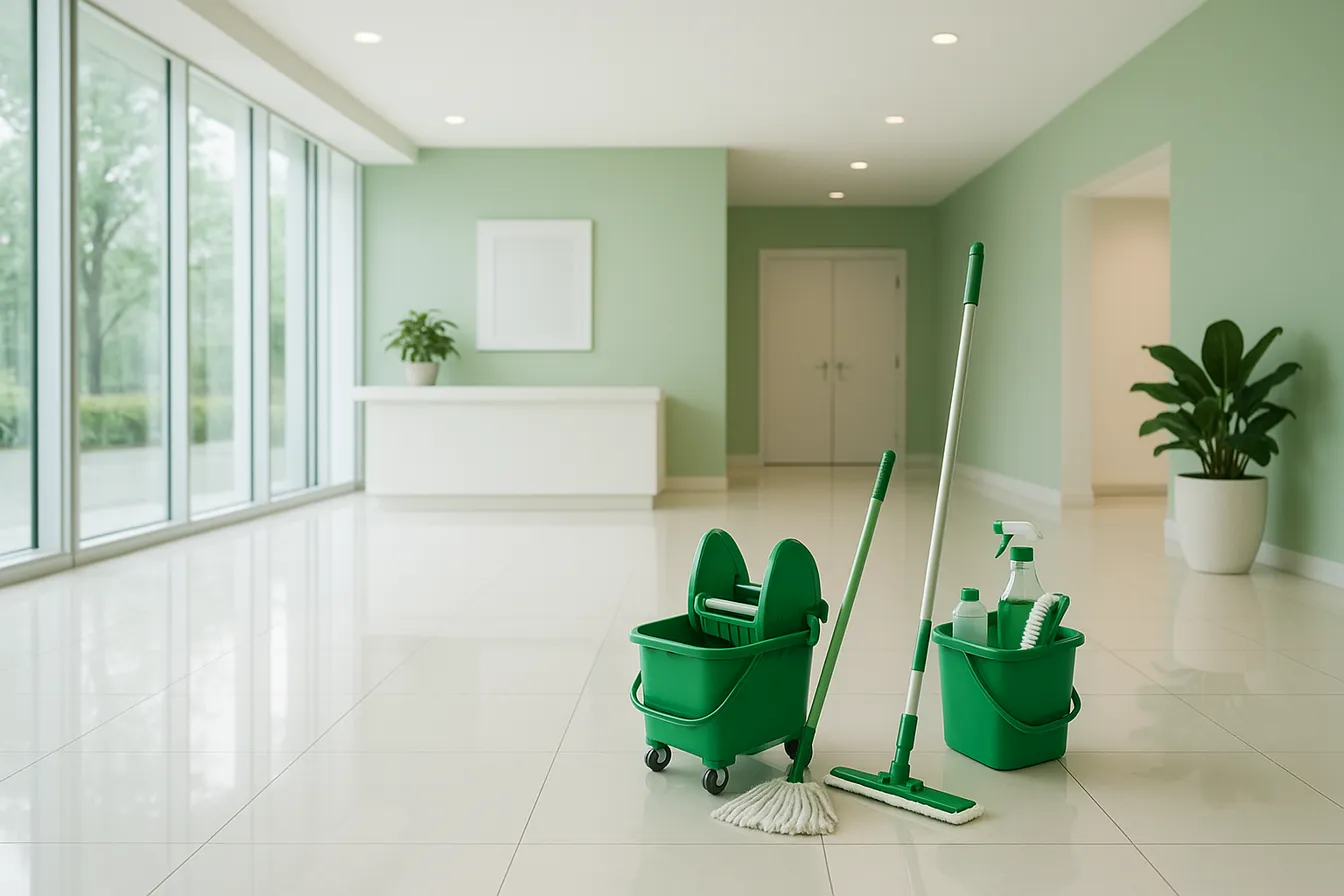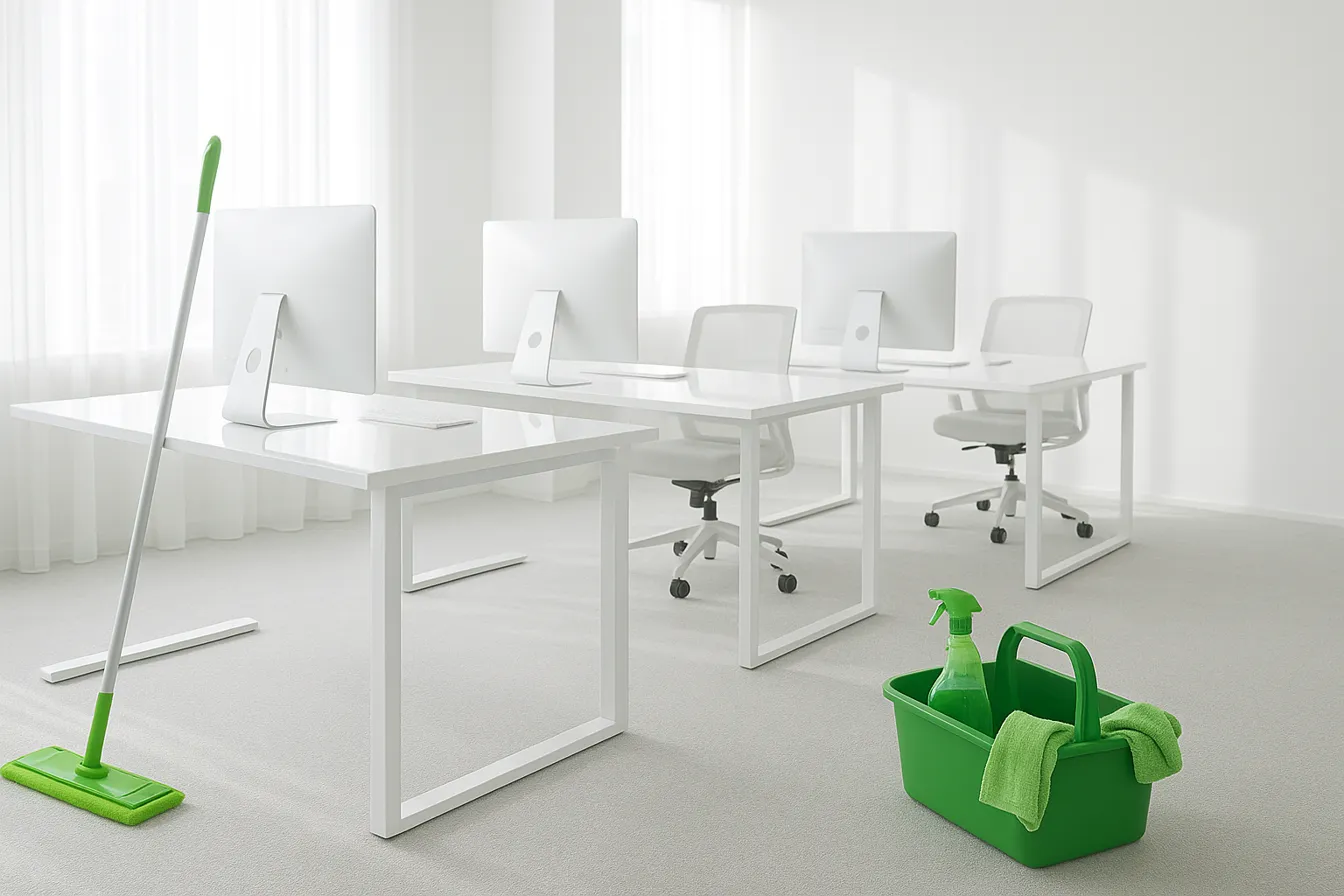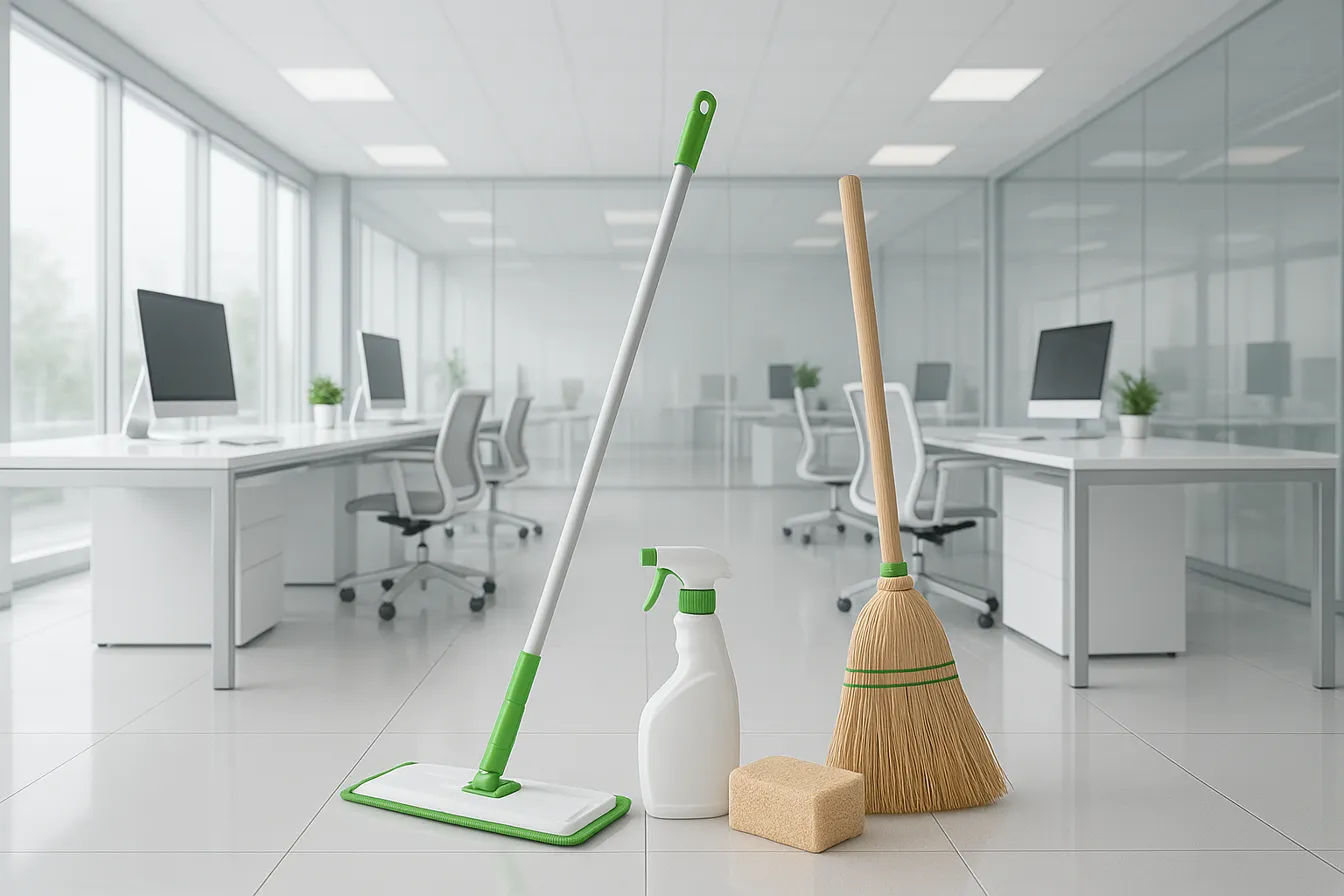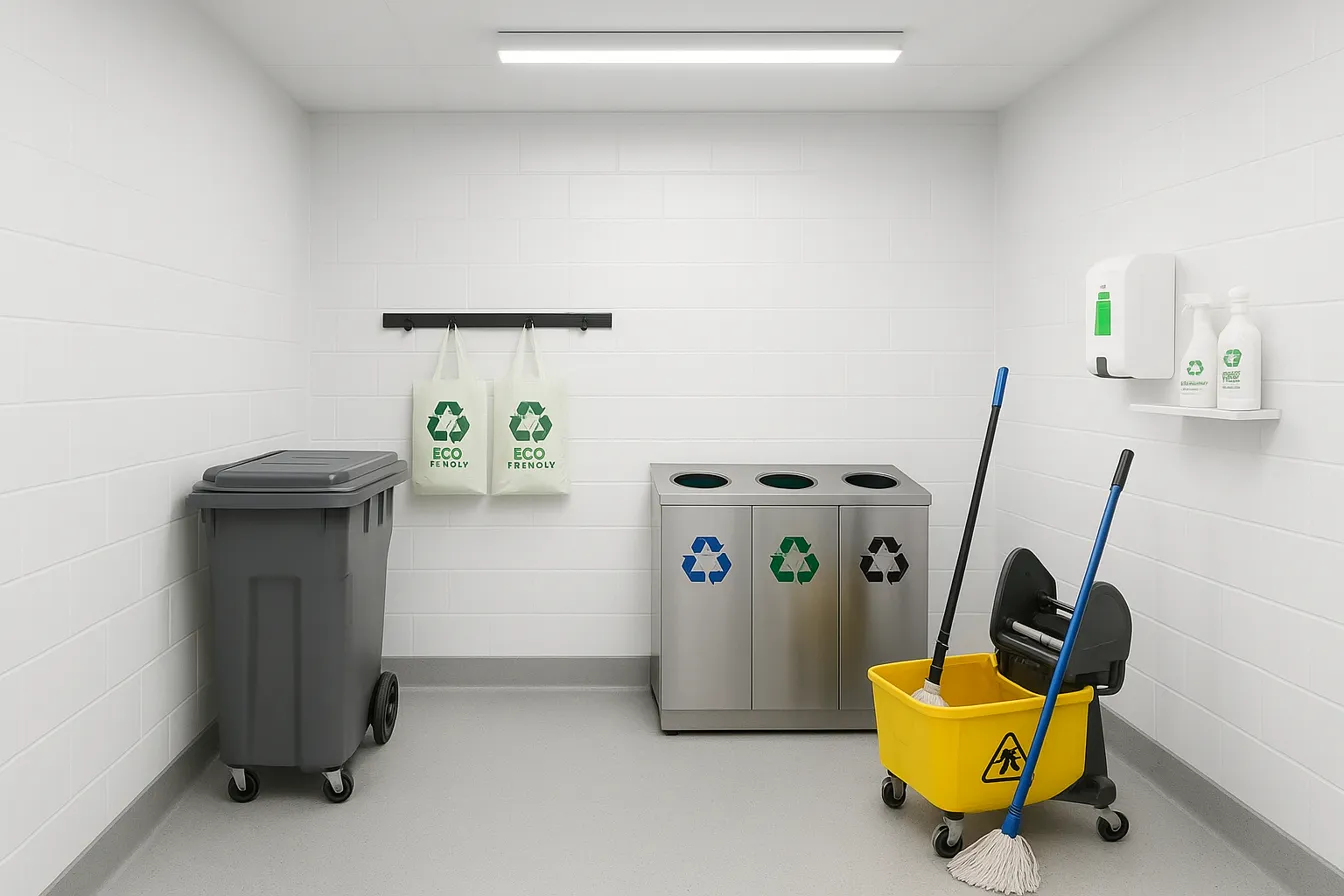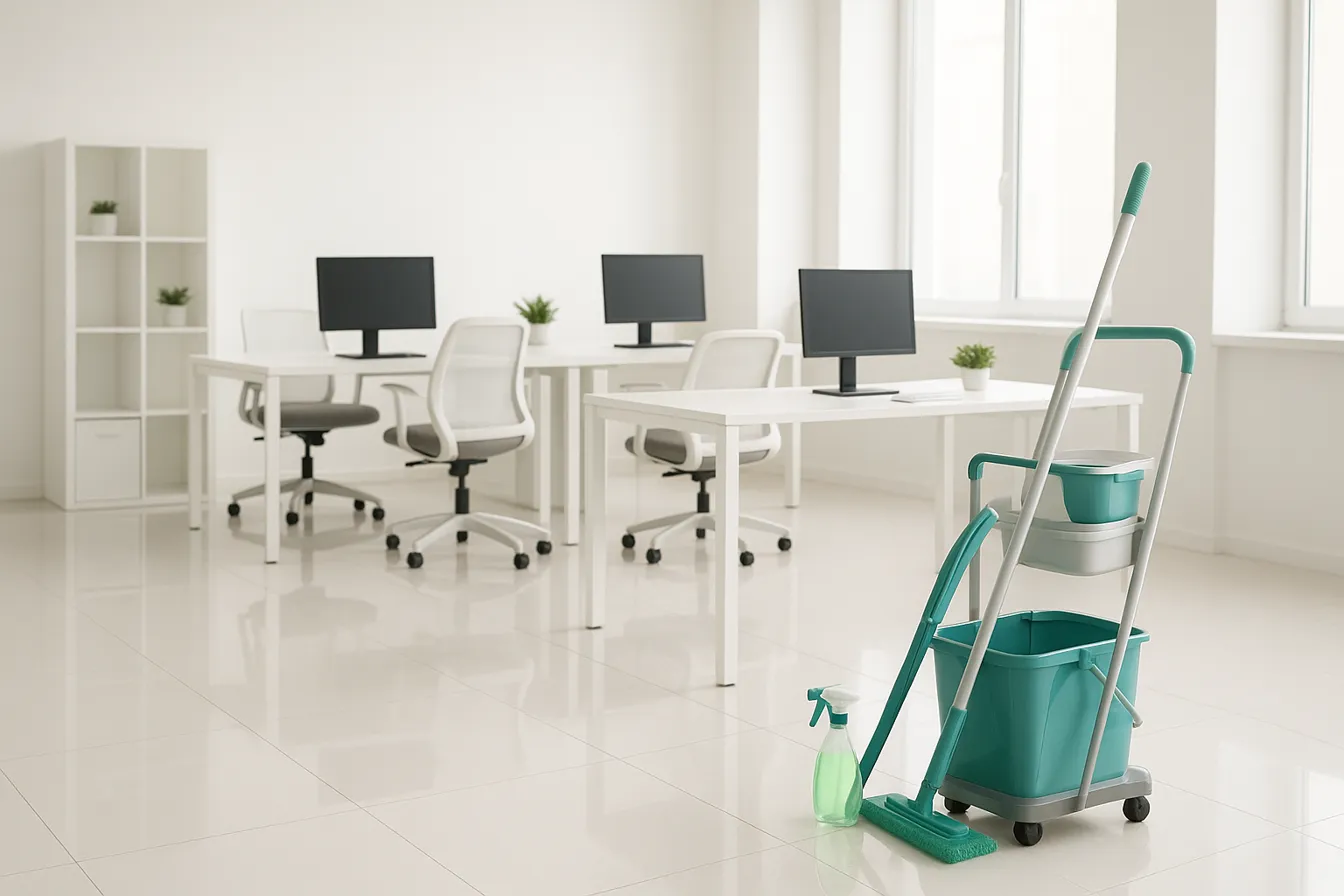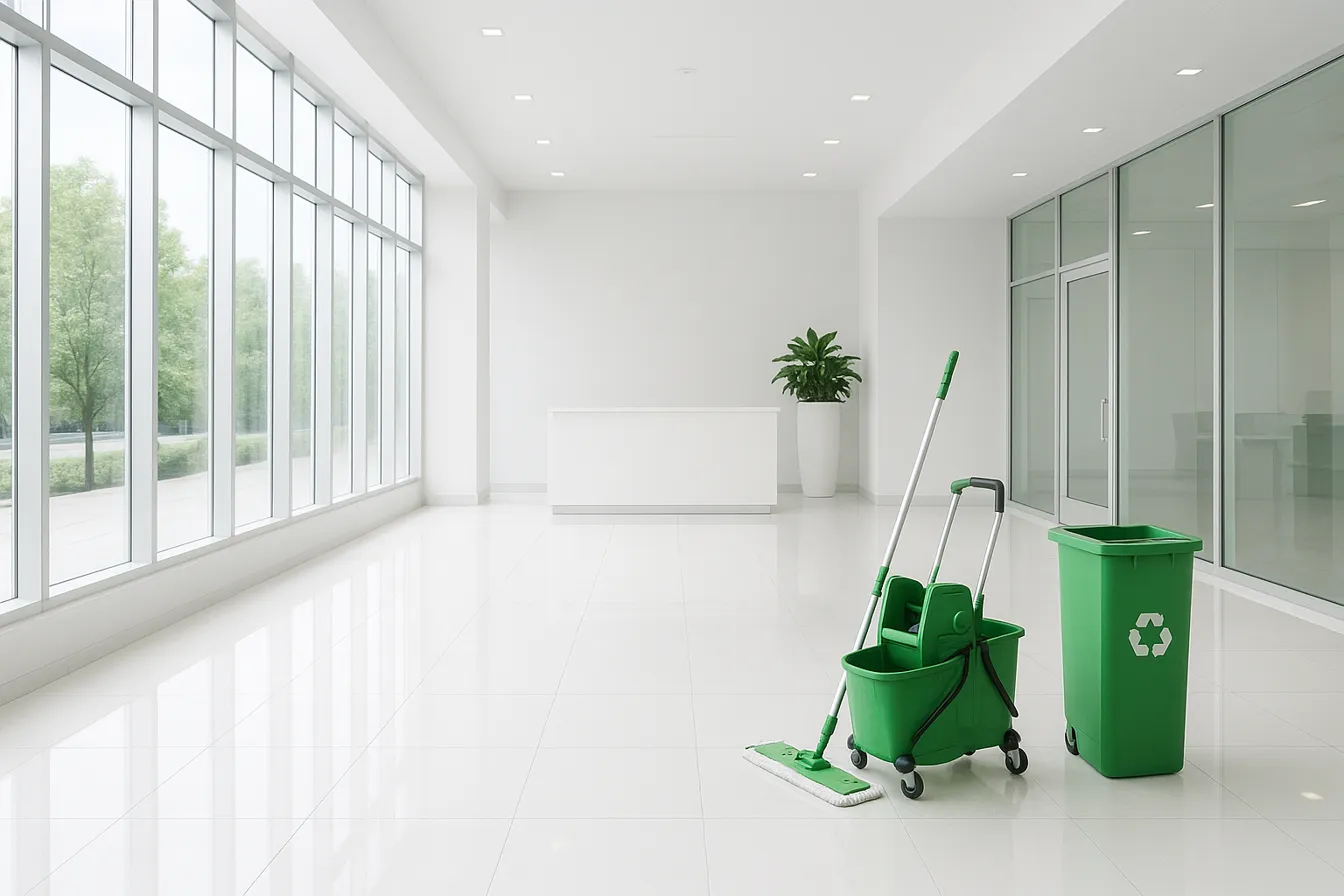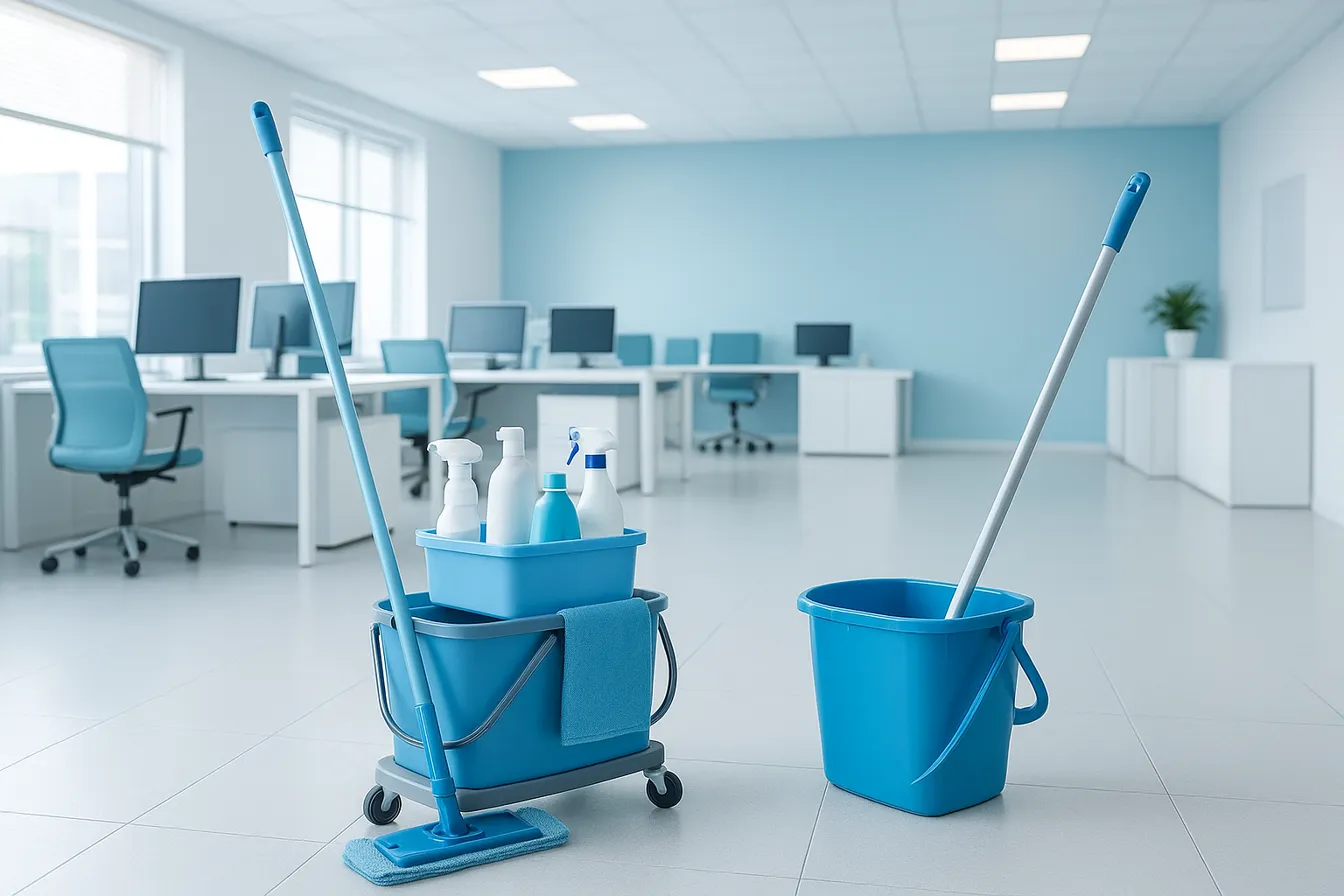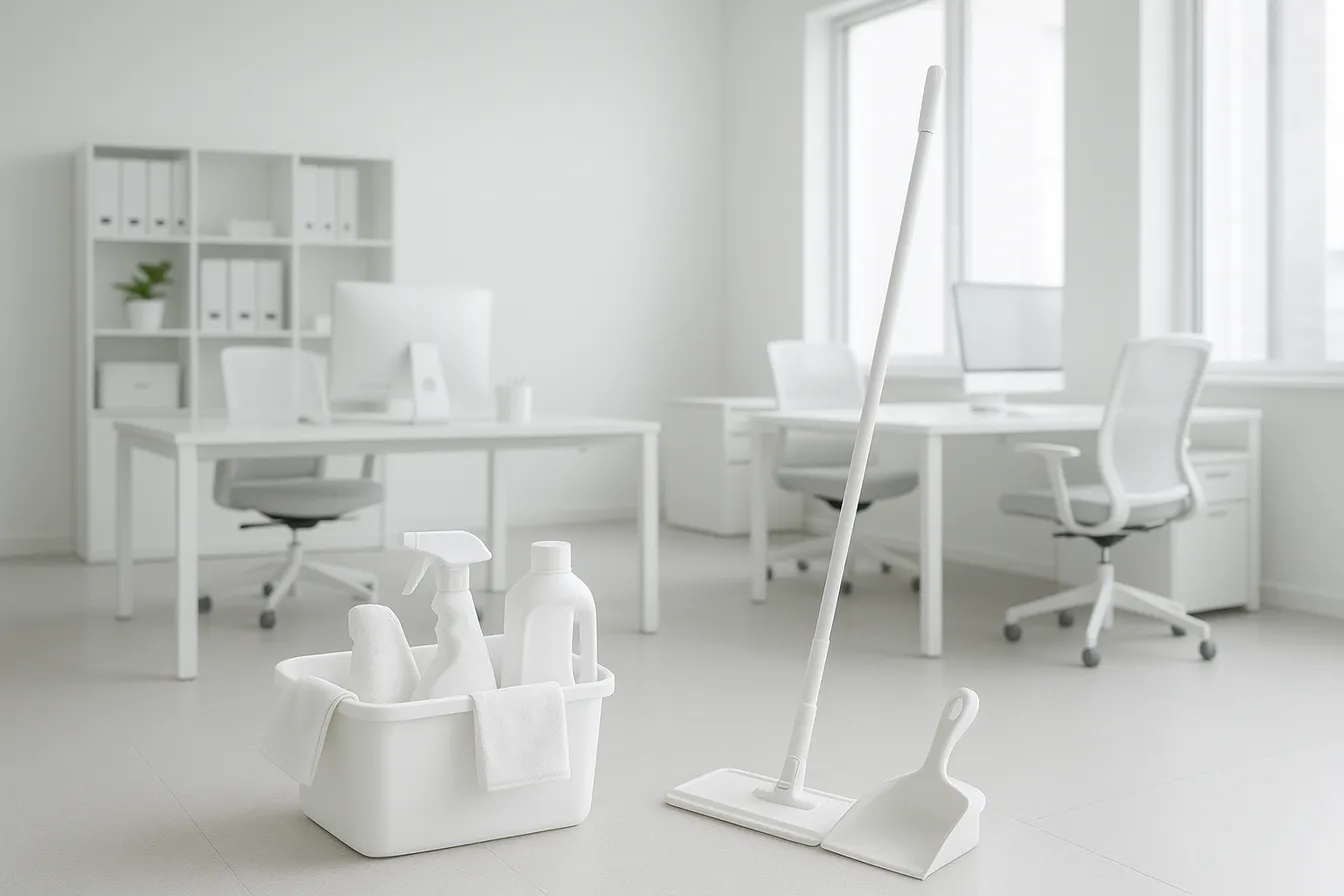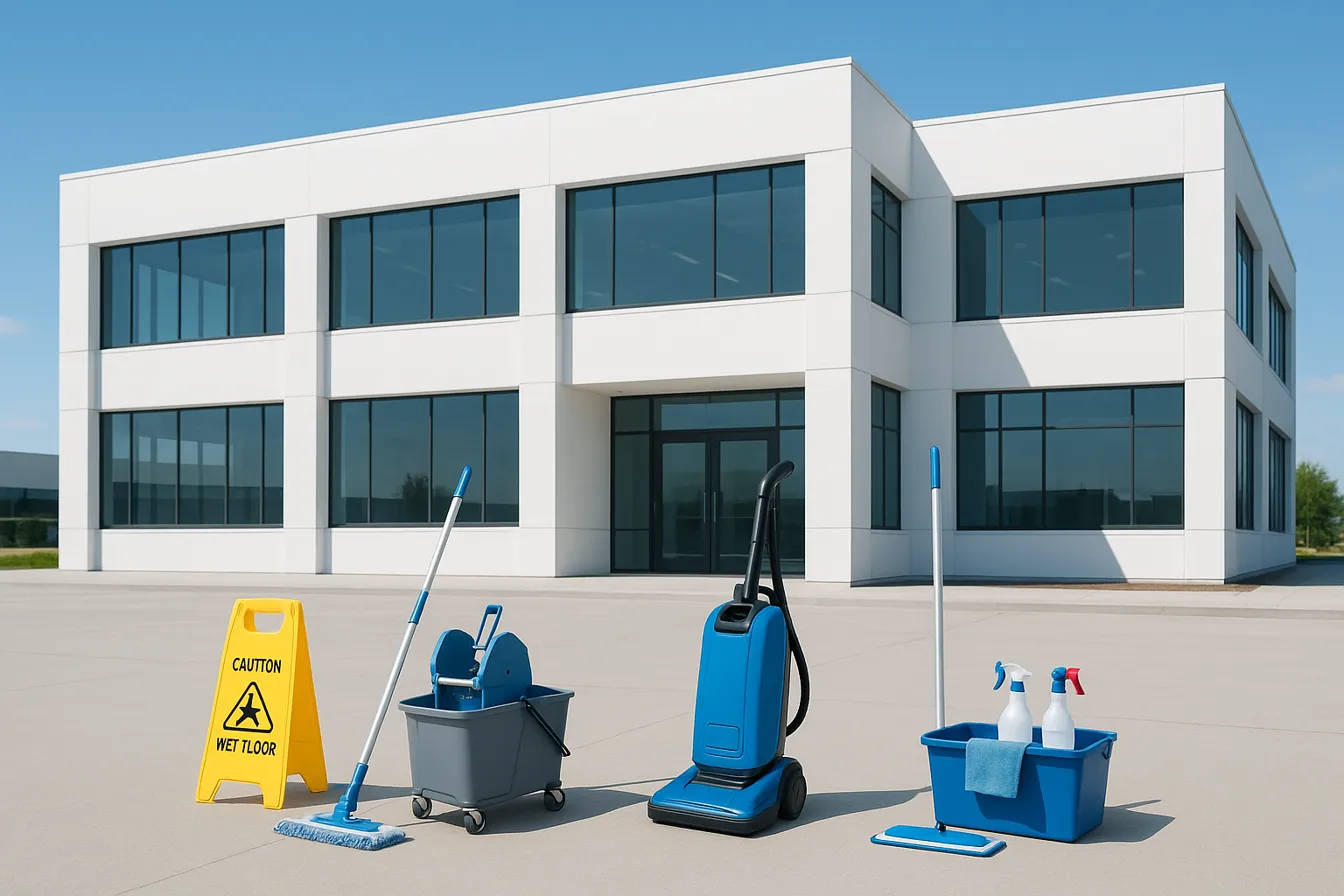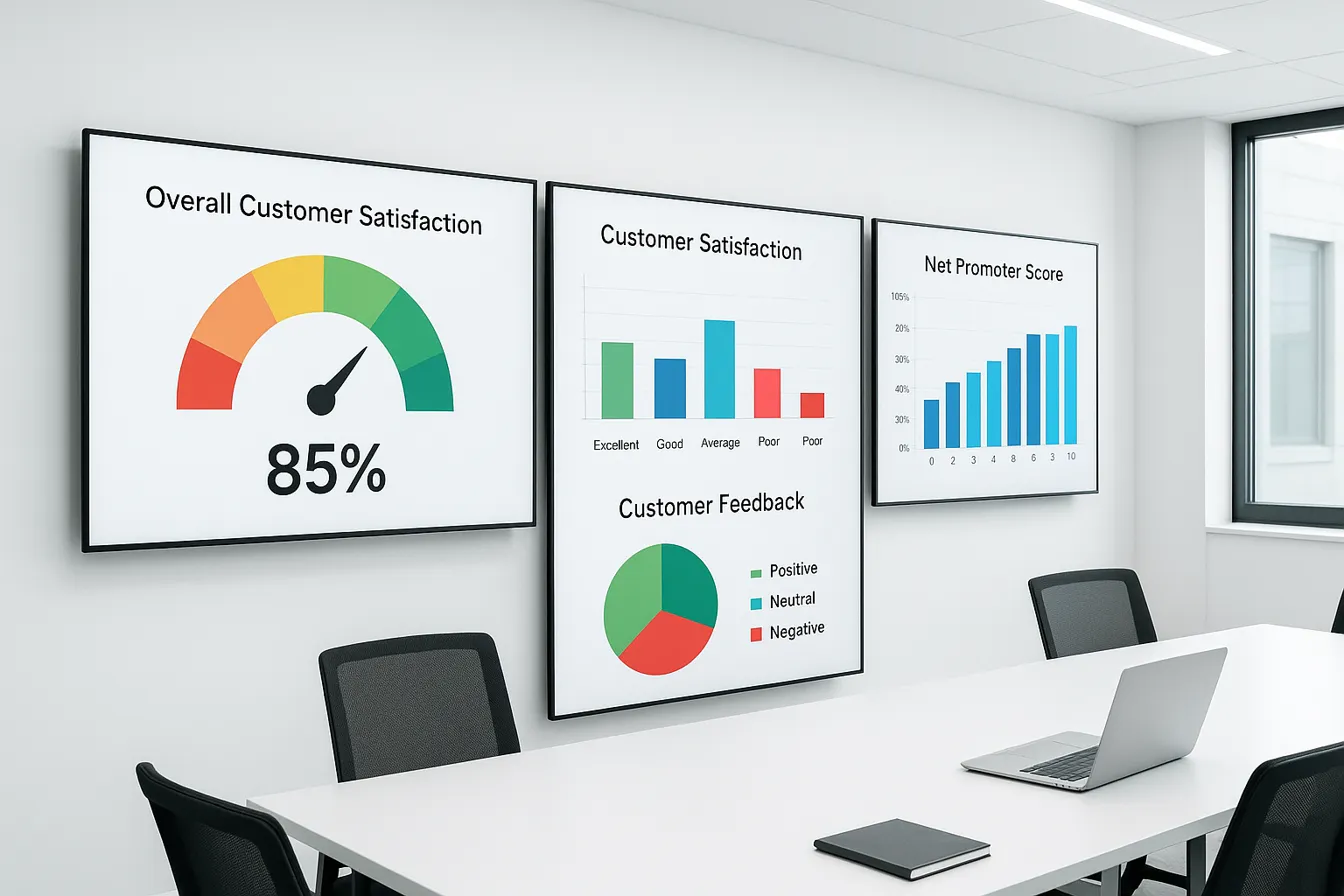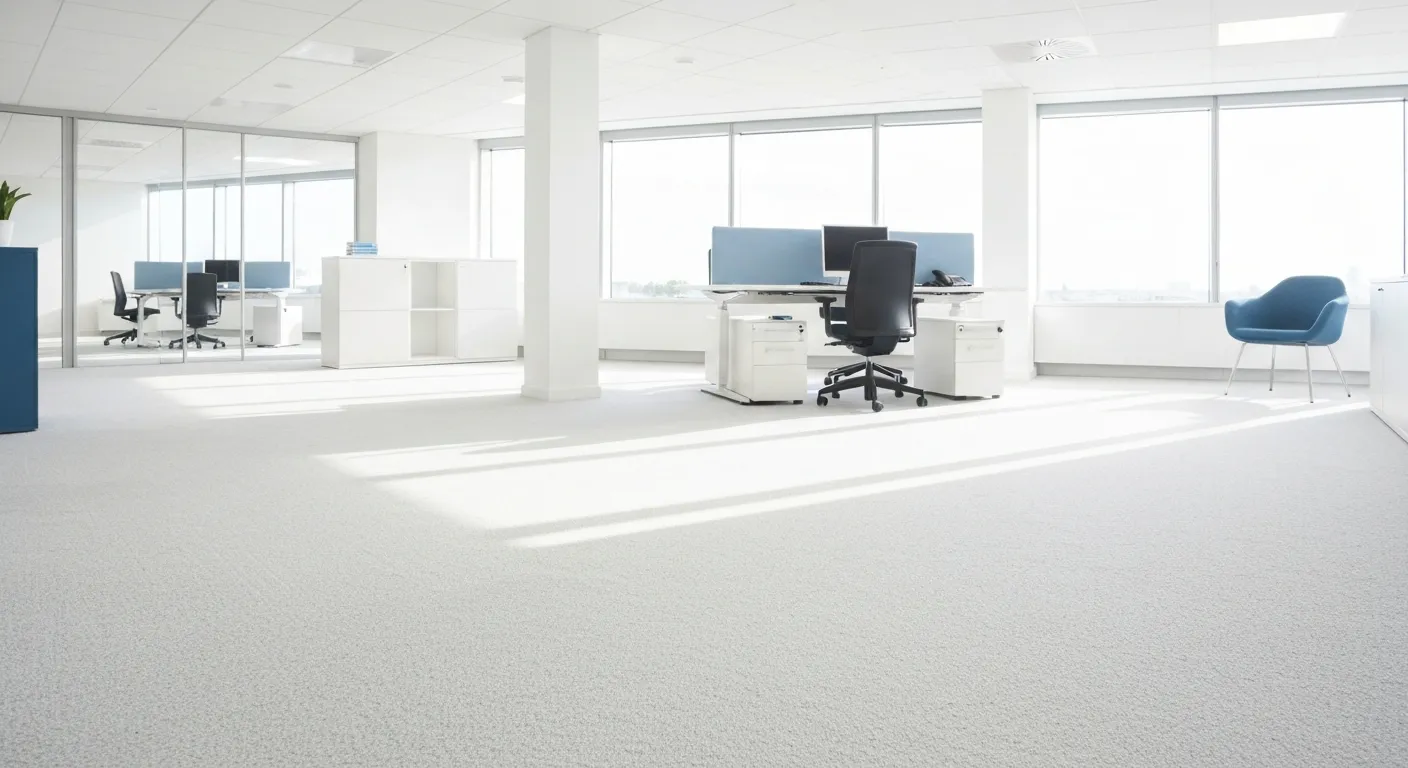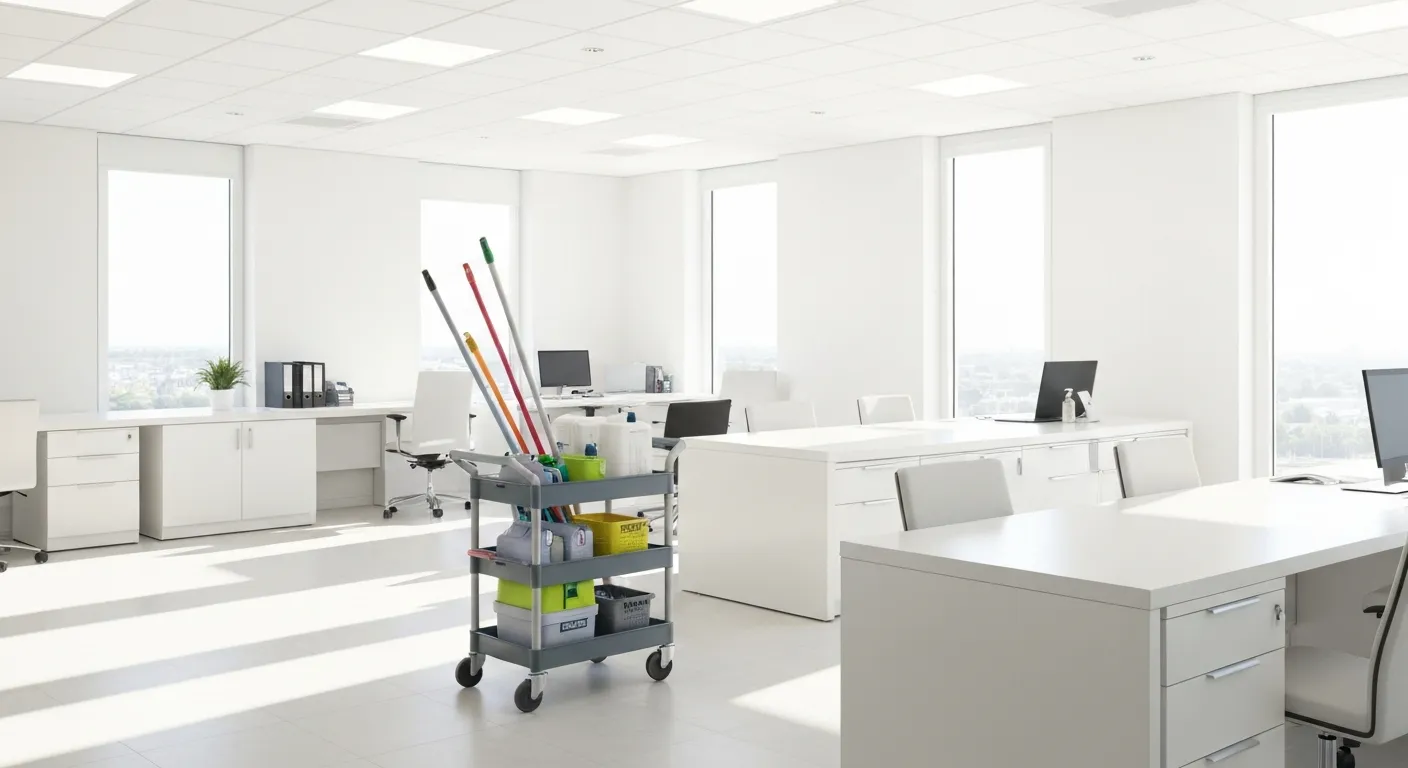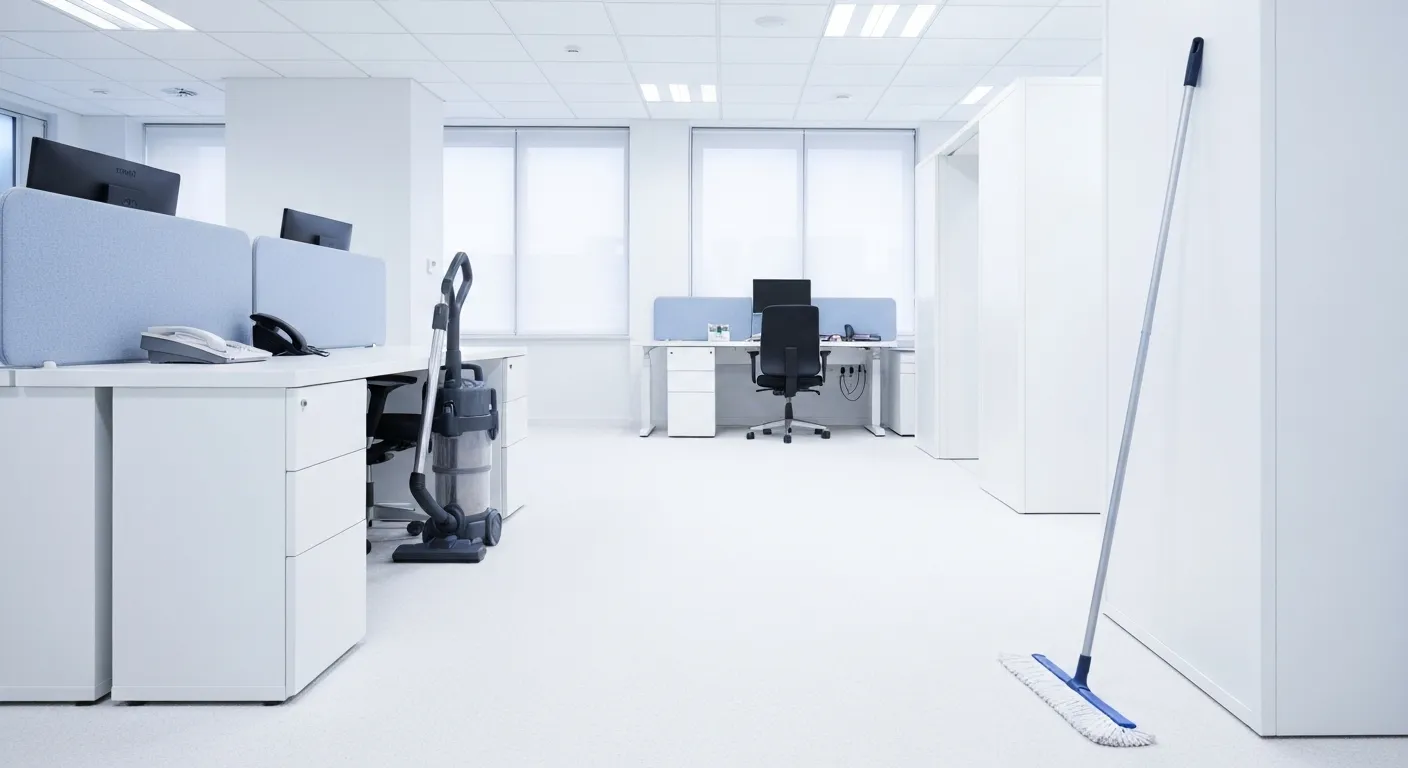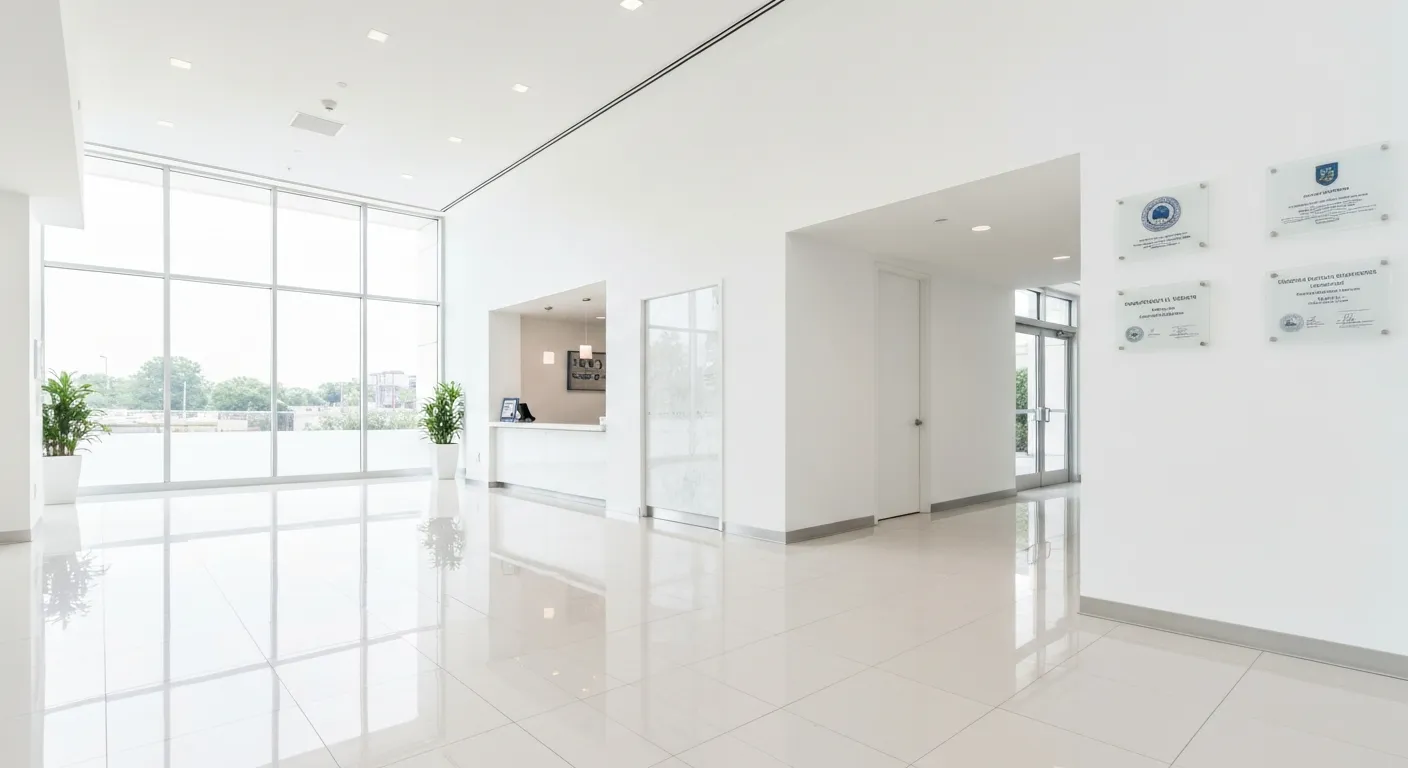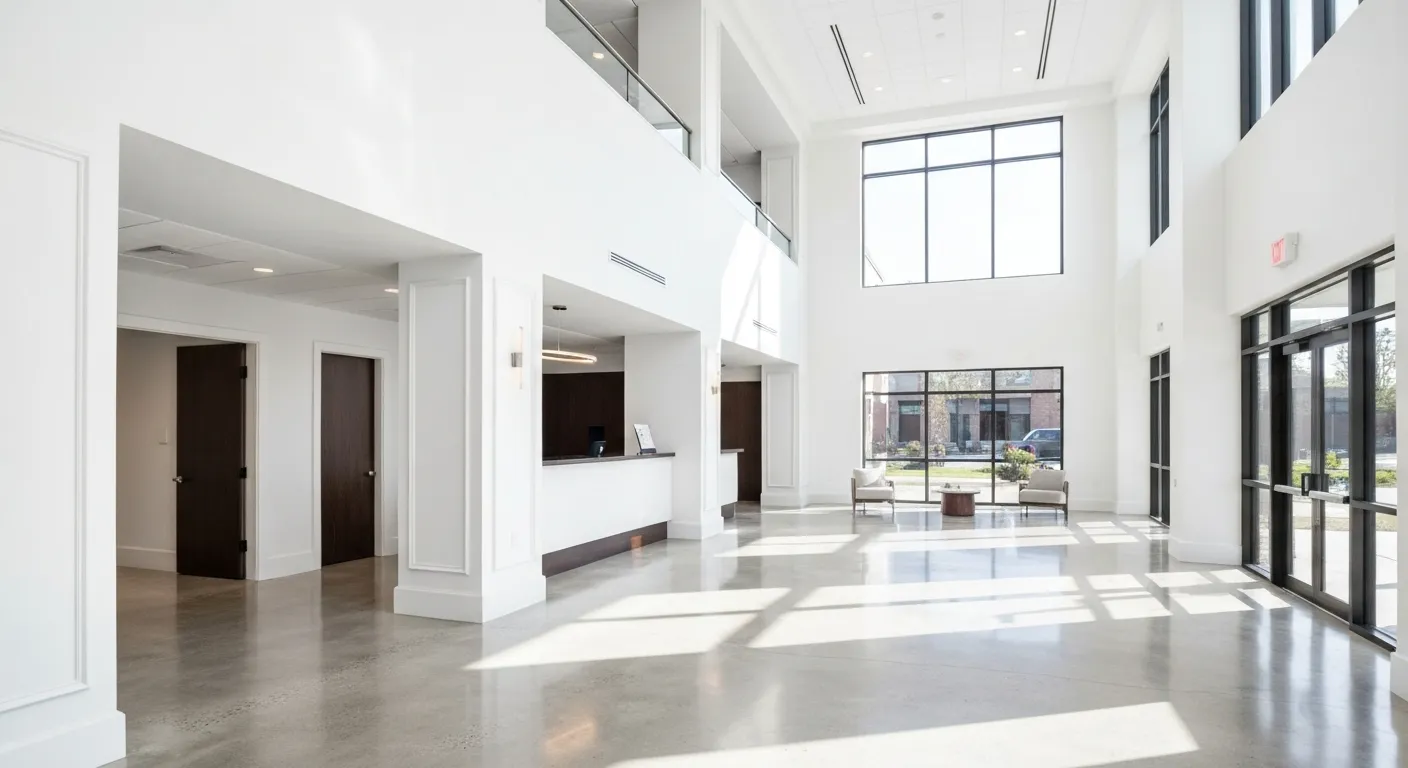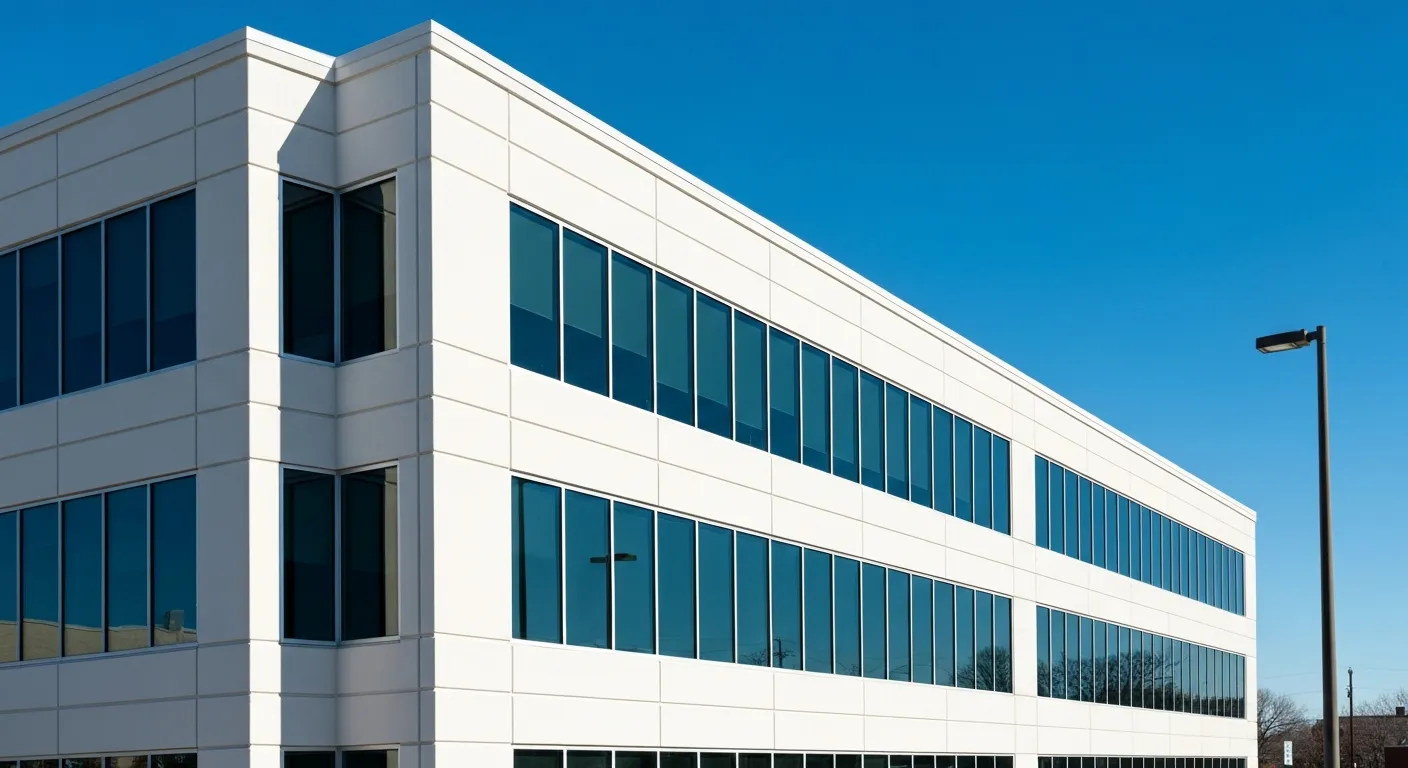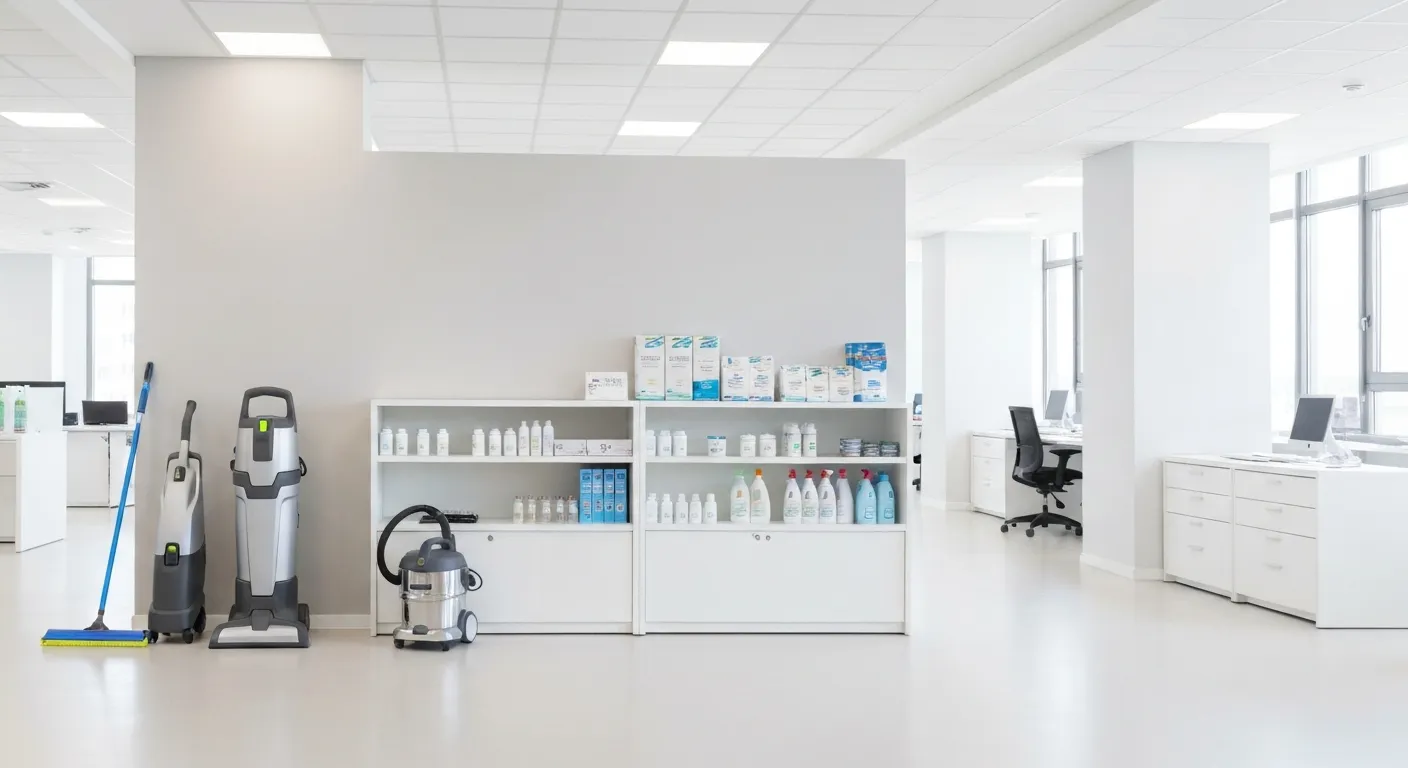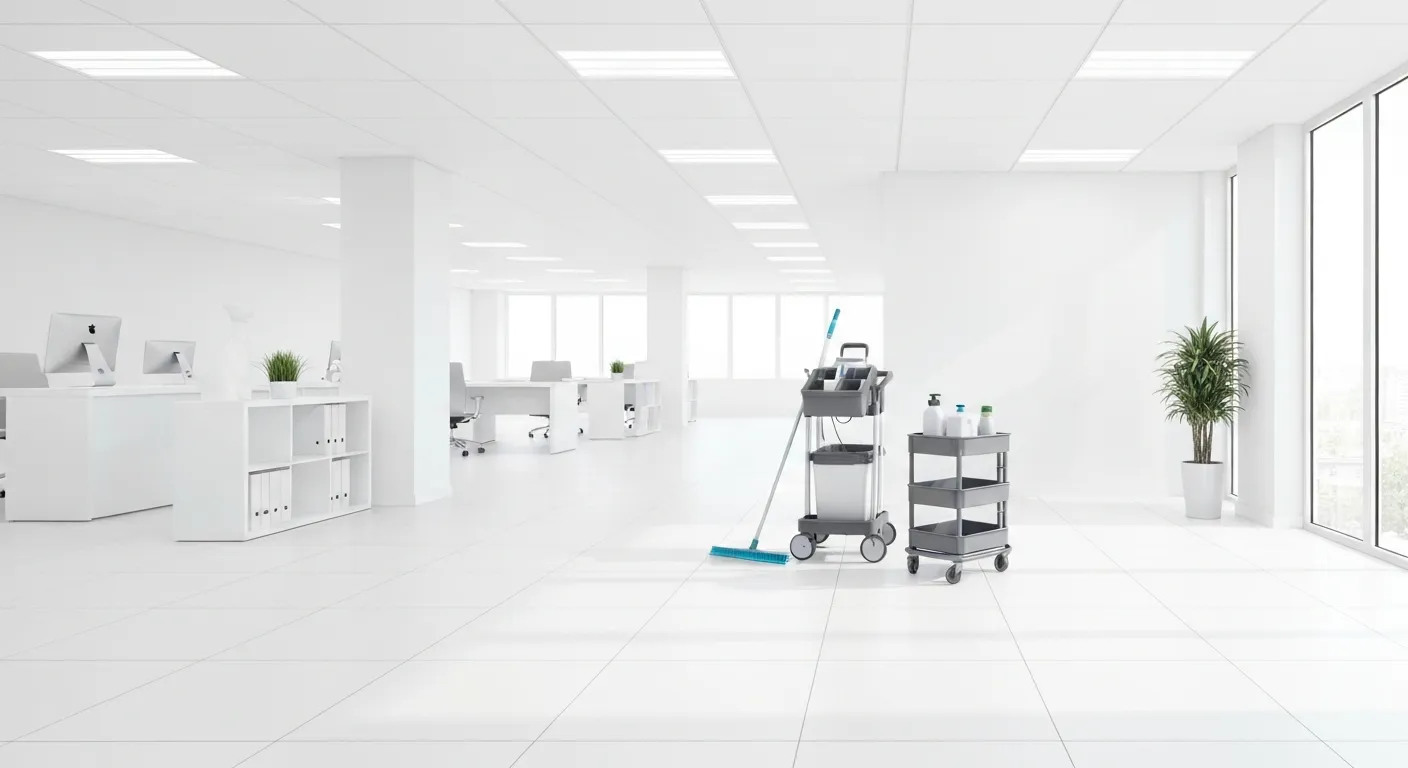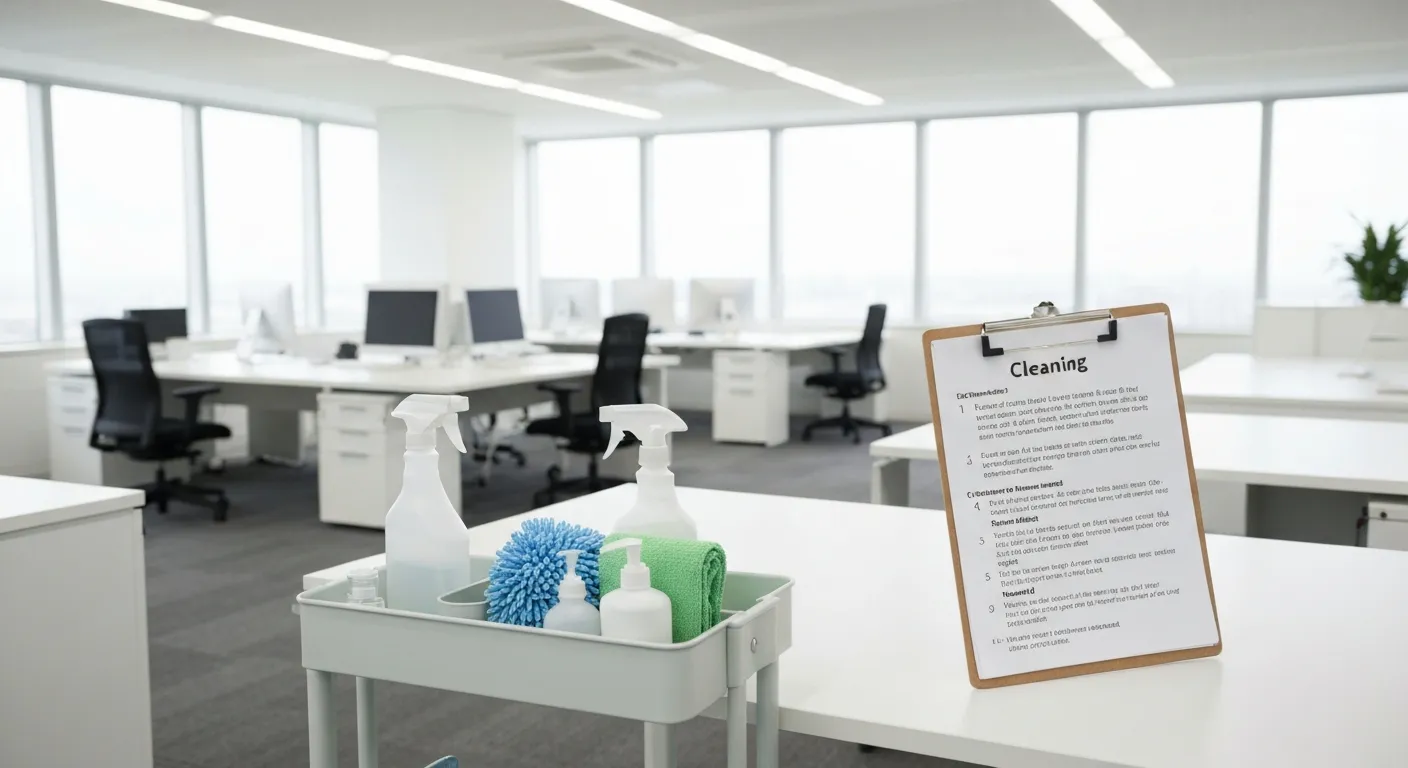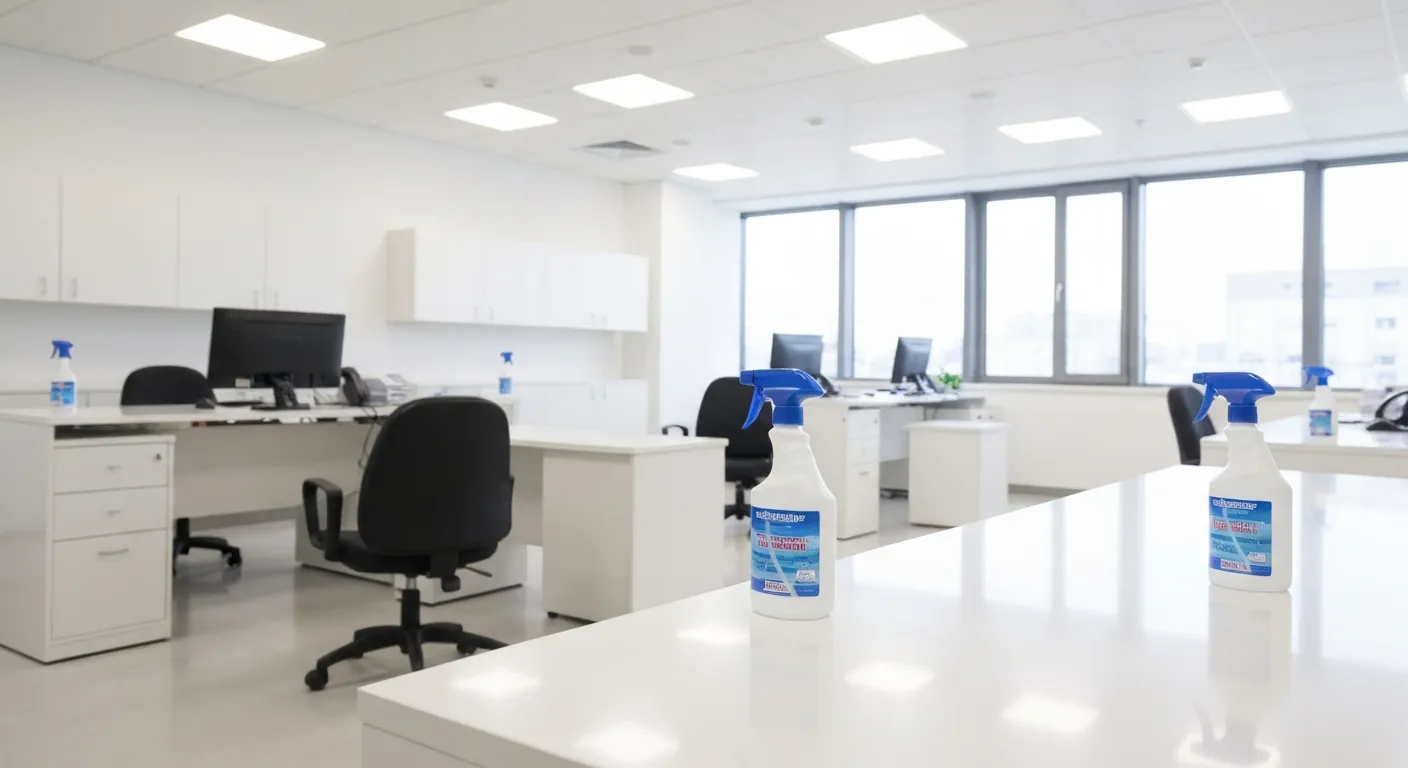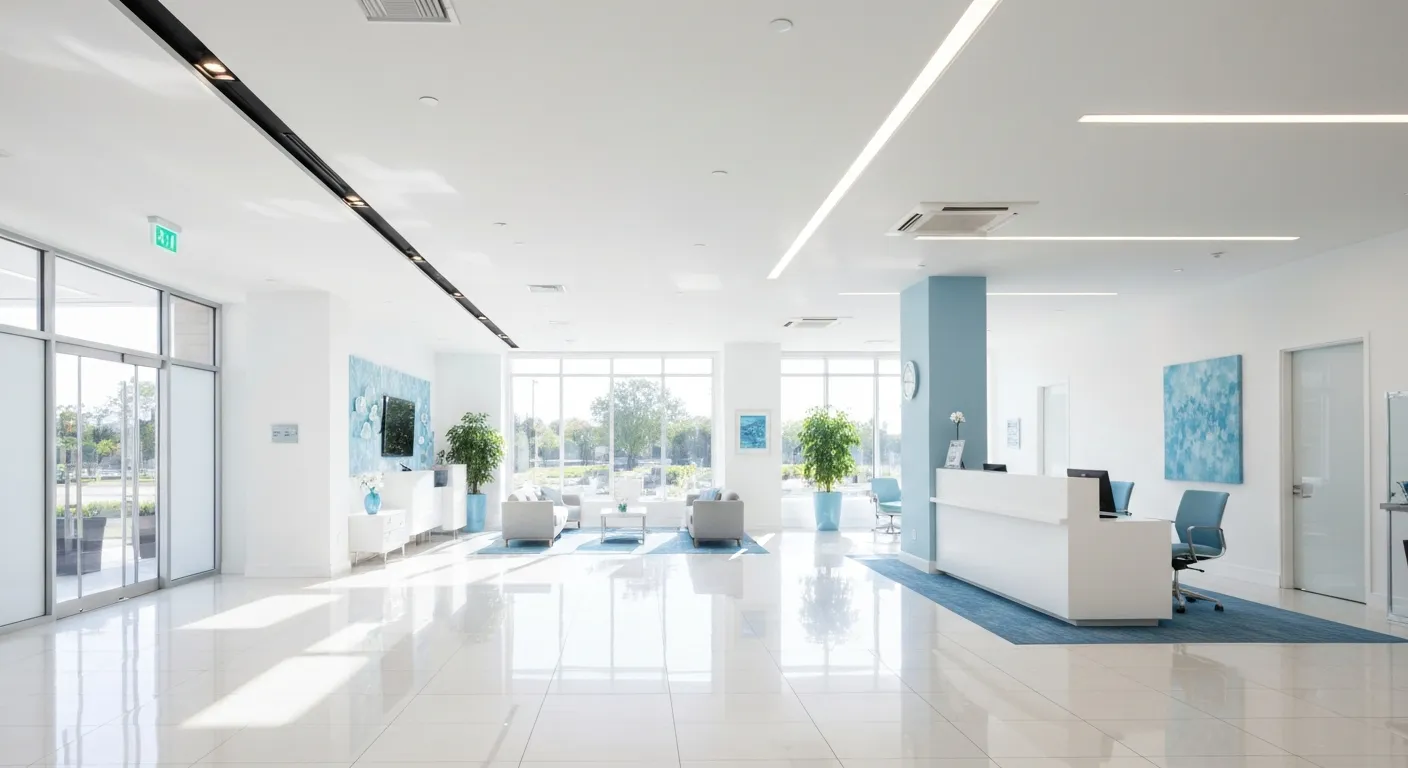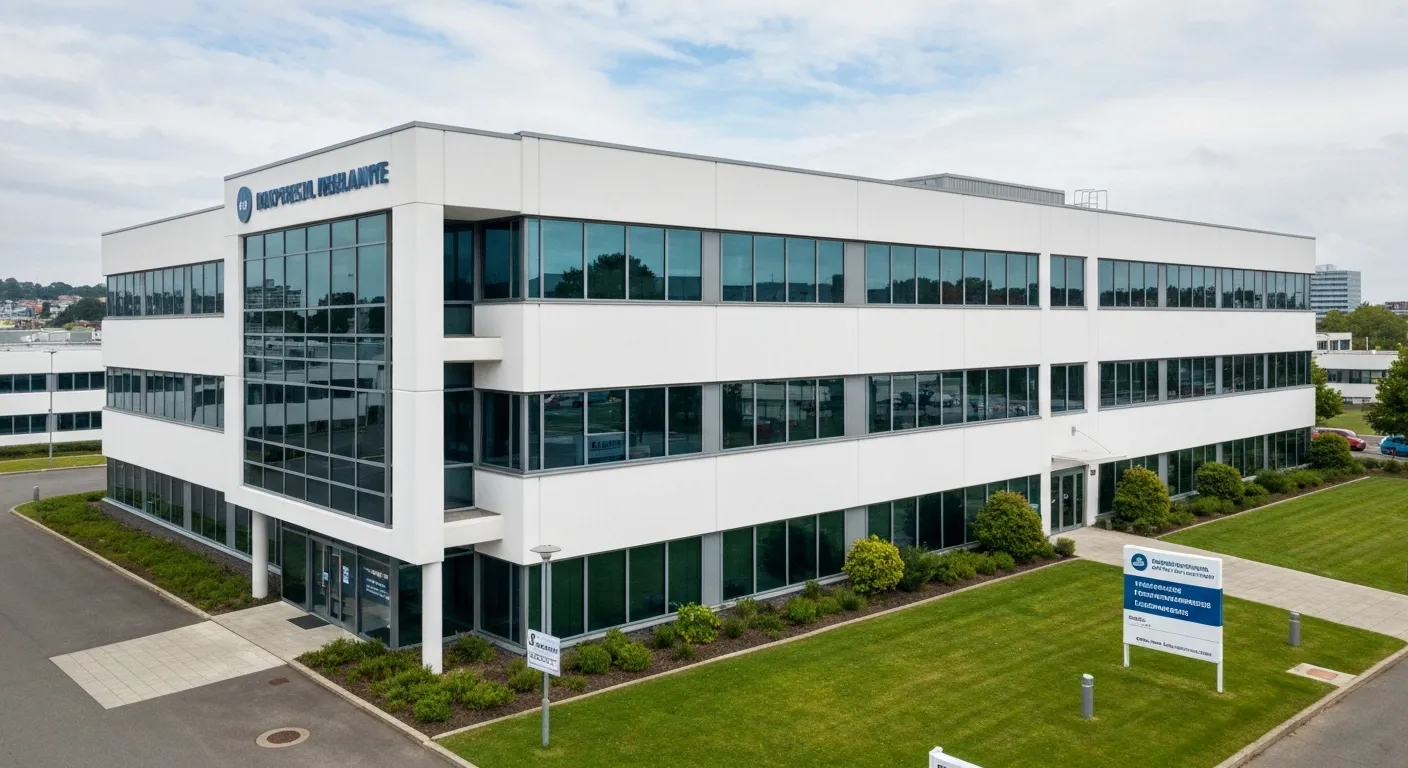Why Customer Satisfaction is Our Top Priority in Cleaning Services

Setting the Standard: Why Customer Satisfaction Defines Our Cleaning Services
In the competitive landscape of cleaning services, customer satisfaction isn’t just a goal; it’s the foundation of our operational ethos and business success. This article explores why prioritizing customer satisfaction is vital, how it influences every facet of our services, and the comprehensive strategies we implement to ensure our clients receive unparalleled value and care. From communication and personalization to quality control and feedback-driven improvements, discover why our commitment to customer satisfaction sets us apart and drives lasting partnerships.
The Crucial Link Between Customer Satisfaction and Business Success

Why is customer satisfaction crucial in the cleaning industry, and how does it impact business success?
Customer satisfaction plays a vital role in the cleaning sector as it directly influences a company’s ability to retain clients, enhance its reputation, and increase profitability. When clients are happy with the quality and consistency of cleaning services, they are more likely to become loyal customers who repeat their business and recommend the company to others (Customer Satisfaction in Cleaning).
This positive word-of-mouth is invaluable, especially in a competitive market, as it helps attract new clients with less marketing expense. Moreover, satisfied customers tend to spend more and are open to trying additional services, which boosts revenue (Customer Satisfaction Importance).
Cleaning companies often use customer feedback systems to understand client needs and identify areas for improvement. This approach ensures high-quality standards, continuous service innovation, and the ability to customize cleaning plans to meet specific expectations (Cleaning services customer feedback system). Regular assessments and personalized service foster stronger relationships, building trust and loyalty (Customer feedback for cleaning services).
Furthermore, a strong focus on customer satisfaction provides a competitive advantage. Companies that consistently exceed expectations are more resilient to market fluctuations and can sustain long-term growth. Cutting-edge businesses evaluate customer satisfaction metrics like CSAT and NPS to refine their strategies, ensuring they remain aligned with client needs (Customer Satisfaction in 2025).
In conclusion, in the cleaning industry, aligning services with customer expectations is more than just good practice—it's essential for sustained success. Prioritizing client happiness leads to higher retention, a robust brand image, and increased profitability, ultimately securing a company's position in the market (Mastering Customer Satisfaction).
Key Benefits of Prioritizing Customer Satisfaction in Cleaning Services

Focusing on customer satisfaction is vital in the cleaning industry because it directly impacts a company's ability to build trust, secure loyalty, and generate positive word-of-mouth referrals. Satisfied clients tend to become repeat customers, providing steady revenue streams and reducing the costs associated with acquiring new clients.
One major benefit is the development of trust. When cleaning companies consistently deliver high-quality services that meet or exceed customer expectations, clients feel confident in their choice and are more likely to maintain ongoing contracts. This trust can also encourage clients to try additional services or upgrades, boosting revenue.
Loyalty is another critical advantage of prioritizing customer needs. Personalized cleaning plans, responsive communication, and attention to detail create a positive customer experience that fosters long-term relationships. Loyalty programs and regular feedback sessions further reinforce clients’ commitment to staying with the service.
Word-of-mouth referrals are a powerful growth driver. Happy customers often recommend cleaning services to friends and colleagues, bringing in new business without extensive marketing efforts. Positive reviews and testimonials enhance the company's reputation, attracting more clients.
Operational efficiency improves when a company proactively seeks feedback and addresses issues quickly. This continuous improvement cycle reduces rework, enhances service consistency, and streamlines workflows. Additionally, a focus on customer satisfaction boosts staff morale by creating a sense of purpose and pride in delivering excellent service.
Overall, making customer satisfaction a priority leads to a more resilient and reputable business, able to adapt, grow, and succeed in a competitive market.
Communication, Personalization, and Attention to Detail: Cornerstones of Customer Experience
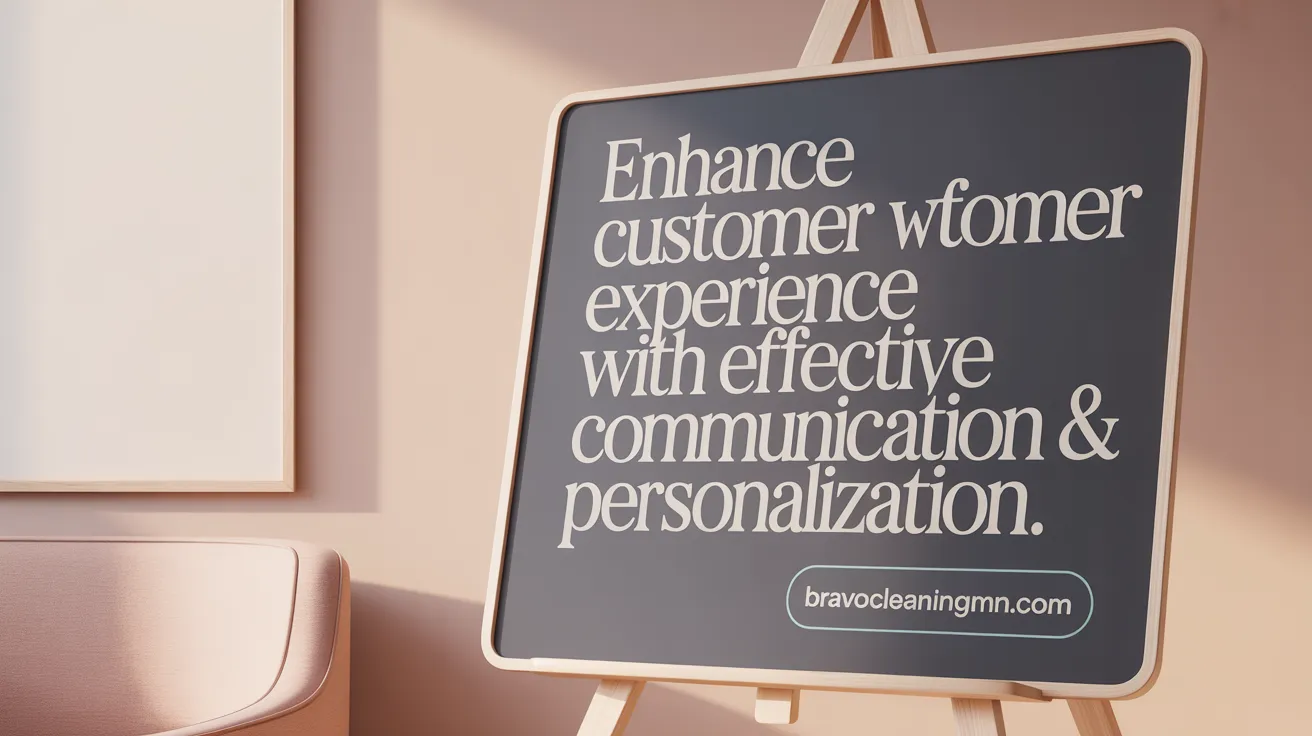
What role do communication, personalization, and attention to detail play in enhancing customer experience in cleaning services?
In the cleaning industry, delivering an exceptional customer experience depends largely on how well service providers integrate effective communication, personalized services, and meticulous attention to detail.
Effective communication is essential because it ensures that customers feel heard, valued, and understood. Regular, transparent updates—whether through direct conversations, phone calls, or digital platforms—help clarify expectations and solve issues promptly. Utilizing feedback tools like customer surveys or instant feedback devices (such as Smileys or terminals) allows companies to gather insights in real time, enabling quick adjustments that improve satisfaction (Cleaning services customer feedback system).
Personalization is another vital aspect. Tailoring cleaning plans based on individual client assessments demonstrates a commitment to meeting specific needs. For example, creating customized cleaning schedules, assigning dedicated teams, or using assessments to understand preferences helps build trust and loyalty. Personalized services show clients they are cared for, making their experience more positive and memorable (Personalized Cleaning Plans).
Attention to detail ensures high standards of cleanliness are consistently maintained. Small actions—like ensuring no spot is missed, odors are eliminated, or delicate surfaces are handled correctly—build a reputation for quality. When customers see this level of thoroughness, their confidence in the service increases, leading to positive reviews and ongoing loyalty (Exceptional customer service in commercial cleaning).
Together, these practices foster a strong, trust-based relationship between cleaning providers and clients. They create a cycle where clear communication, tailored services, and consistent quality drive satisfaction, encouraging repeat business and favorable word-of-mouth. Ultimately, integrating these elements into daily operations transforms routine cleaning into a memorable customer experience that keeps clients coming back (Boost Customer Satisfaction in Cleaning Industry).
Robust Strategies to Enhance Customer Satisfaction and Retention

What strategies and best practices can cleaning service providers implement to improve customer satisfaction and client retention?
Enhancing customer satisfaction and fostering long-term loyalty in the cleaning industry involves a combination of proven strategies and personalized approaches. First and foremost, maintaining consistent, high-quality service tailored to each client’s specific needs is crucial. Conducting initial consultations and thorough assessments helps understand individual expectations, allowing for customized cleaning plans that meet or exceed client requirements.
Effective communication plays a vital role. Using clear, prompt, and transparent channels—whether through modern CRM software or direct interaction—ensures clients feel heard and valued. Regular updates, feedback requests, and swift resolution of any issues contribute to building trust.
Empowering staff is another essential element. Providing comprehensive training in cleaning techniques, customer service, and decision-making enables employees to handle client interactions professionally and confidently. Recognizing staff efforts and encouraging a customer-centric attitude promote positive experiences.
Leveraging technology can streamline processes and enhance transparency. Real-time monitoring tools allow clients to see ongoing work, increasing confidence in service quality. Additionally, flexible scheduling and easy-to-use service management platforms accommodate client preferences and busy lifestyles.
Finally, exceeding expectations through value-added services—such as eco-friendly cleaning options or specialized treatments—alongside expressing appreciation through loyalty programs or personalized touches, encourages clients to stay loyal and spread positive word-of-mouth. Building a trustworthy, responsive, and caring service environment aligns with client needs, ensuring their satisfaction and long-term retention.
Harnessing Customer Feedback: Measurement, Assessment, and Continuous Improvement
How can cleaning service providers measure, assess, and collect customer feedback effectively?
Cleaning service providers can adopt a mix of modern and traditional methods to gather valuable customer insights. Instant feedback tools like SmileGage terminals or digital widgets placed at service sites allow customers to rate their experience immediately after a cleaning session. This real-time feedback helps quickly identify issues such as missed cleaning spots or unaddressed concerns, preventing dissatisfaction from growing.
Alongside these, surveys distributed via email or mobile apps, online review platforms, and direct communication channels offer additional layers of feedback. Using user-friendly systems encourages customers to share honest opinions and detailed suggestions.
Data from these sources is then compiled into advanced analytics dashboards. These tools analyze satisfaction scores, identify patterns, and track progress across different locations or time periods. Regular review of both positive and negative feedback highlights strengths and reveals areas needing improvement.
Employing these methods ensures continuous feedback collection, informing staff training, refining cleaning protocols, and personalizing services. Such an approach not only boosts long-term customer loyalty but also helps ensure compliance with contractual standards and supports ongoing service innovation.
Maintaining Excellence: Quality Control and Continuous Improvement Practices
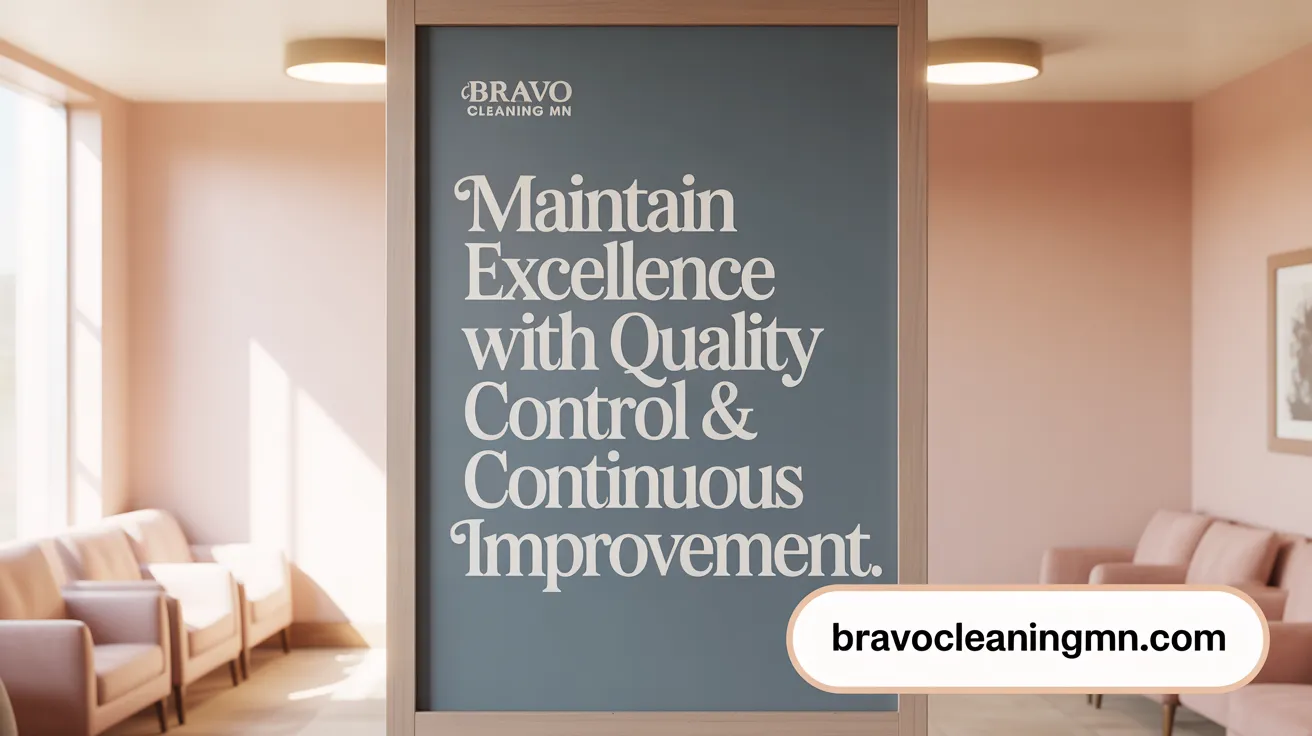
What quality control practices and continuous improvement measures help maintain customer satisfaction in cleaning services?
In the cleaning industry, maintaining consistently high standards is essential for customer satisfaction and loyalty. Effective quality control practices typically involve establishing robust quality management systems (QMS) that include regular inspections, detailed checklists, and audits. Many companies adopt technological tools such as mobile apps, real-time reporting platforms, and IoT devices to monitor service delivery closely and address issues swiftly.
Regular inspections and audits serve as a foundation for quality assurance. These can be scheduled or random, and often include checklist-based evaluations to ensure all aspects of the cleaning meet set standards. For example, using digital tools allows supervisors to track performance via real-time data, minimizing inconsistencies.
Data collection plays a vital role in continuous improvement. Customer feedback gathered through surveys, online reviews, and direct communication helps identify recurring issues and areas needing enhancement. Companies that systematically analyze this feedback can proactively refine their services, addressing pain points and exceeding customer expectations.
Staff training and protocol standardization are crucial to uphold high-quality standards. Standardized procedures ensure that all team members perform tasks uniformly, reducing variability. Ongoing training programs, including new techniques and safety protocols, keep staff skills sharp and aligned with quality objectives.
Motivating staff through performance incentives and recognition programs encourages consistent high performance and accountability. Companies also leverage data analytics to monitor key performance indicators (KPIs) such as customer satisfaction scores, response times, and repeat business rates.
Automation and technology further streamline processes—automated scheduling, inventory management, and performance dashboards facilitate ongoing service optimization. Importantly, fostering a feedback culture where client concerns are valued and addressed promptly enhances overall satisfaction and refines service quality.
By integrating these practices—comprehensive audits, advanced technology, staff development, and proactive customer feedback analysis—cleaning service providers can sustain excellence, adapt to emerging needs, and ensure their clients receive top-tier service consistently.
The Power of Perceptions: Reviews, Testimonials, and Reputation in Cleaning Services

Customer perceptions, reviews, and testimonials are crucial for the reputation and success of cleaning services because they provide genuine insights into client experiences. Positive feedback acts as social proof, reassuring potential clients about the quality and reliability of a company's services. For small and local cleaning businesses, especially, these testimonials can significantly influence new client acquisition by building trust within the community.
Reviews also serve as valuable feedback tools, highlighting the company’s strengths and uncovering areas for improvement. This continuous feedback loop enables cleaning providers to refine their services, meet customer expectations more consistently, and uphold high standards of excellence.
Furthermore, online reviews play a vital role in search engine rankings and overall visibility. High ratings and positive testimonials make a business more attractive to prospective clients researching online, boosting the company’s reputation.
By actively managing and analyzing customer feedback, cleaning companies can foster a culture of service excellence and adapt quickly to client needs. This approach not only improves satisfaction and loyalty but also drives long-term growth, reinforcing the importance of reputation management through authentic customer testimonials.
Reaffirming Our Commitment to Customer Satisfaction
Customer satisfaction is the cornerstone of excellence in cleaning services, underpinning our business growth, reputation, and long-term success. By embracing a holistic approach that weaves together personalized service, transparent communication, meticulous quality control, and technology-driven feedback systems, we consistently exceed client expectations and foster enduring relationships. Through continuous listening and adaptation, we uphold a culture of improvement and accountability that not only meets but anticipates customer needs. Ultimately, our unwavering focus on customer satisfaction not only distinguishes our services but ensures that every client experiences the highest standards of cleanliness, care, and professionalism—a promise we diligently keep in every cleaning engagement.



